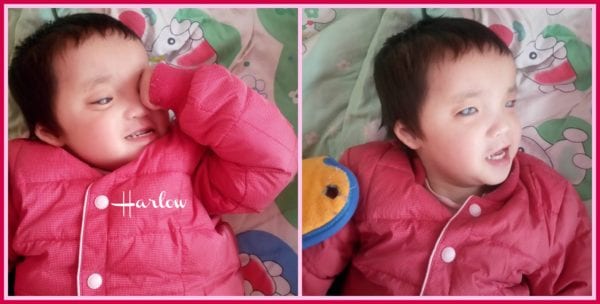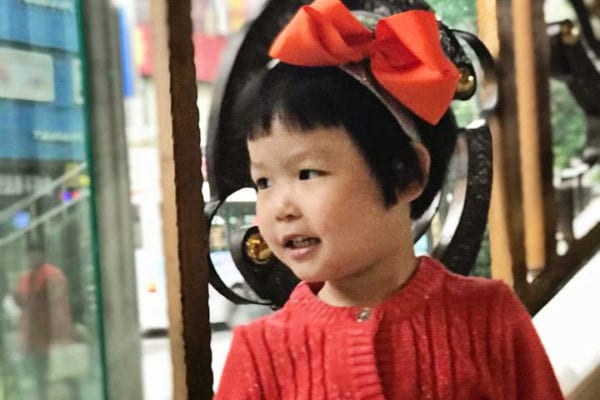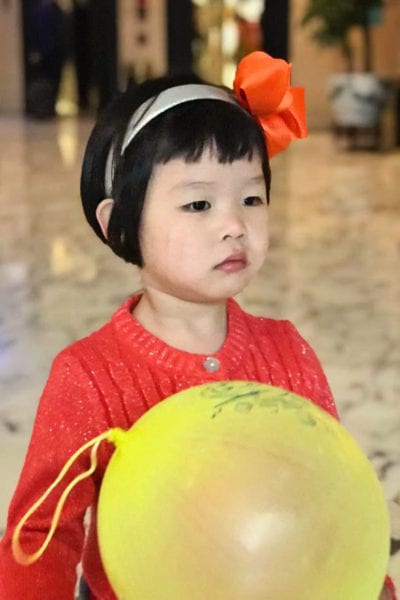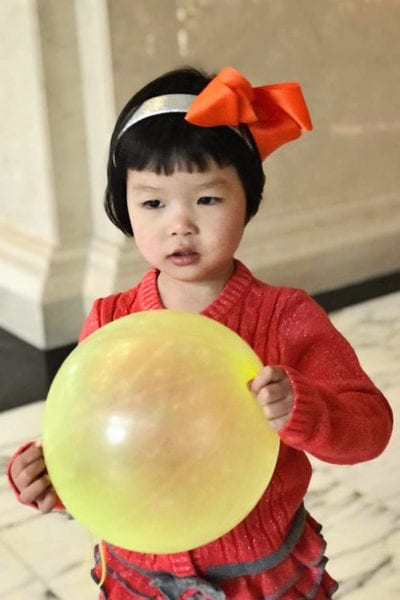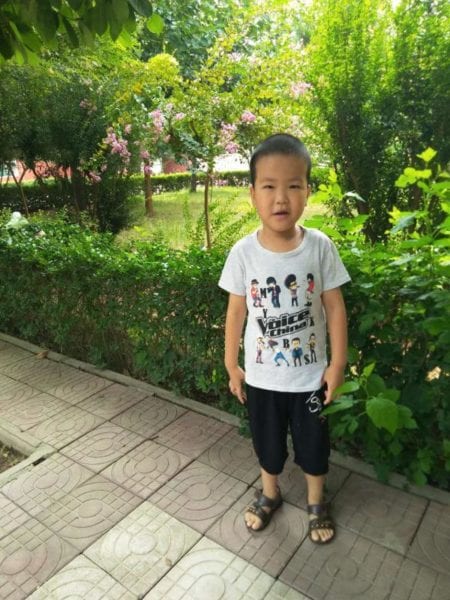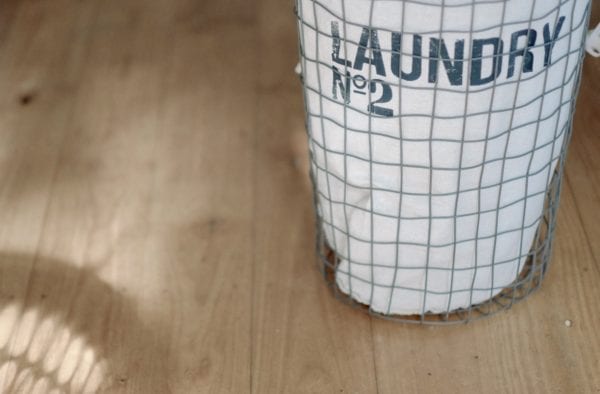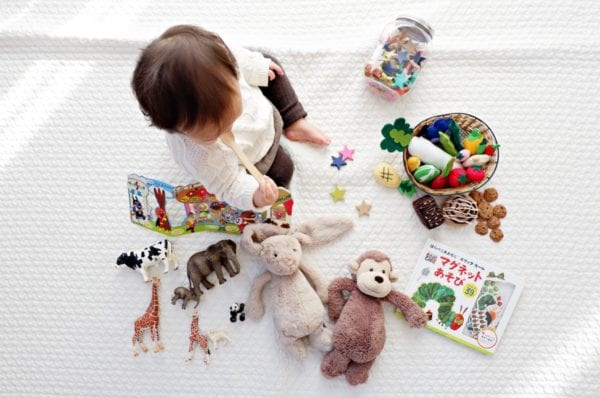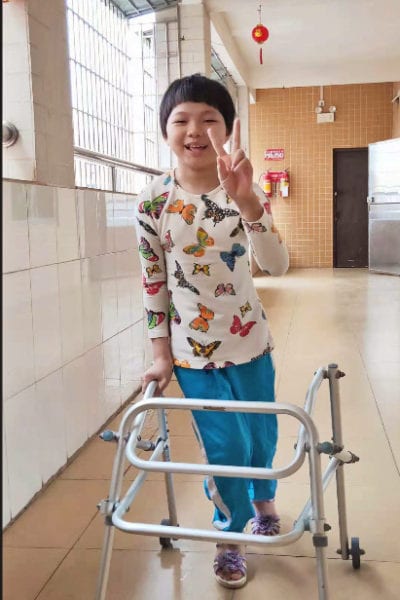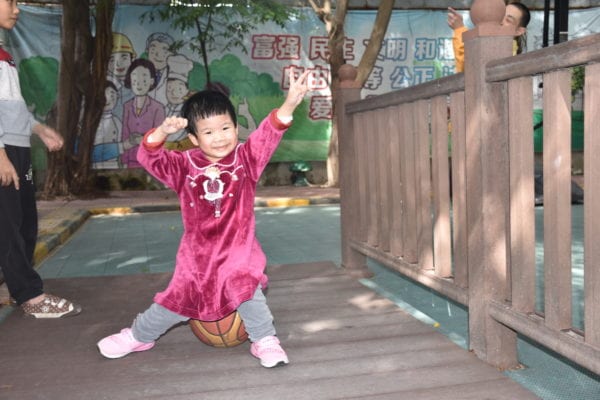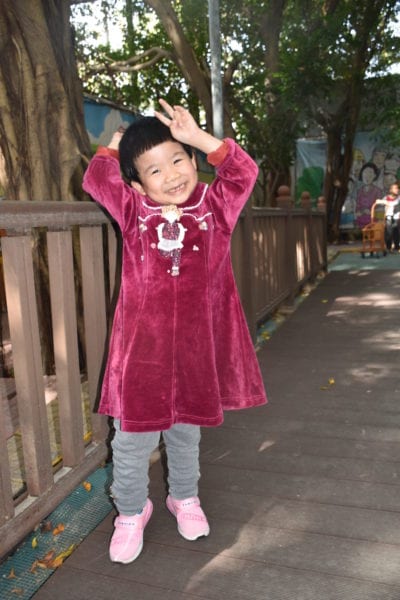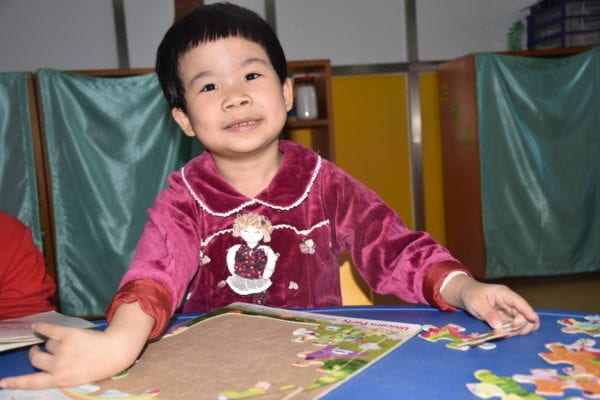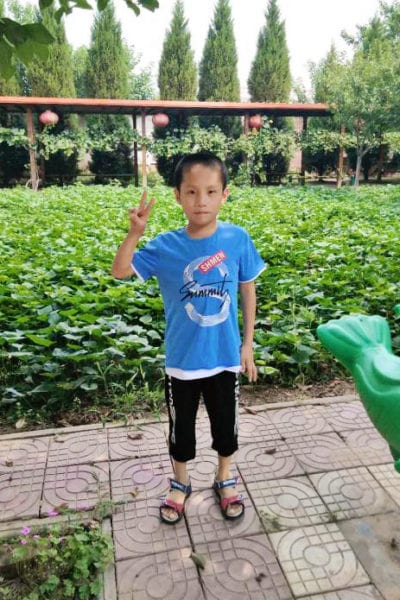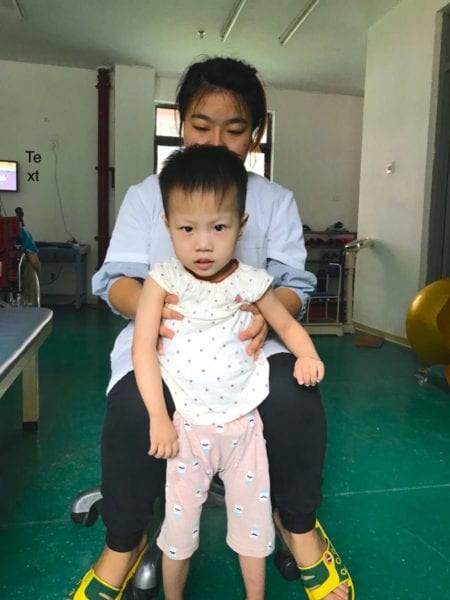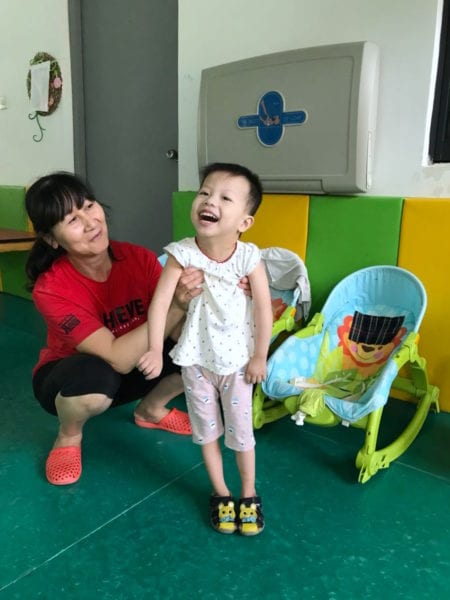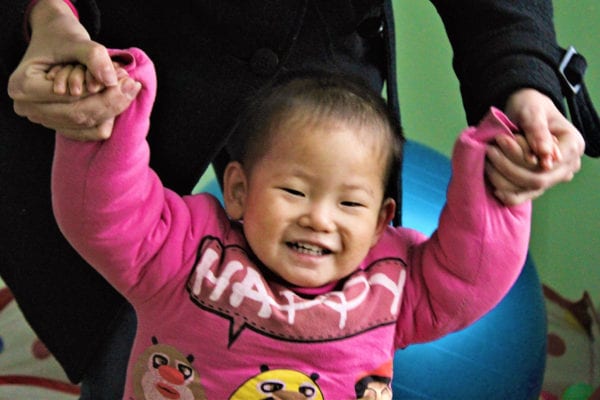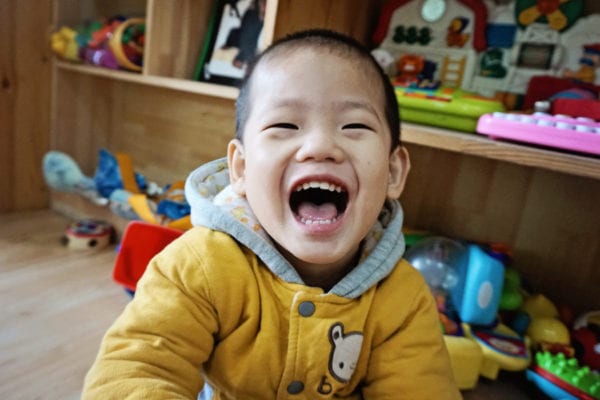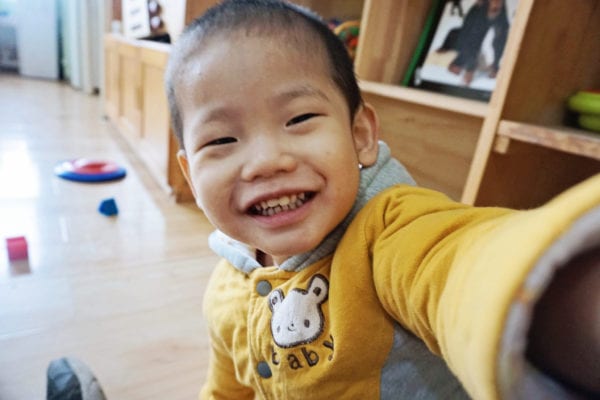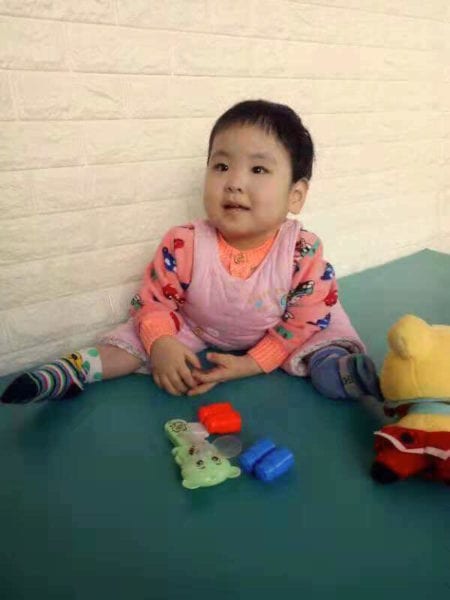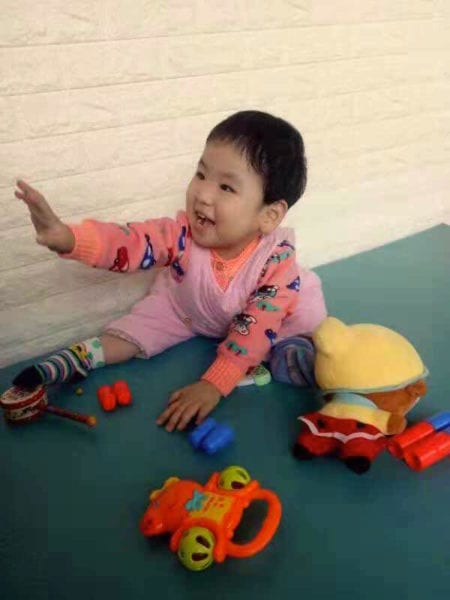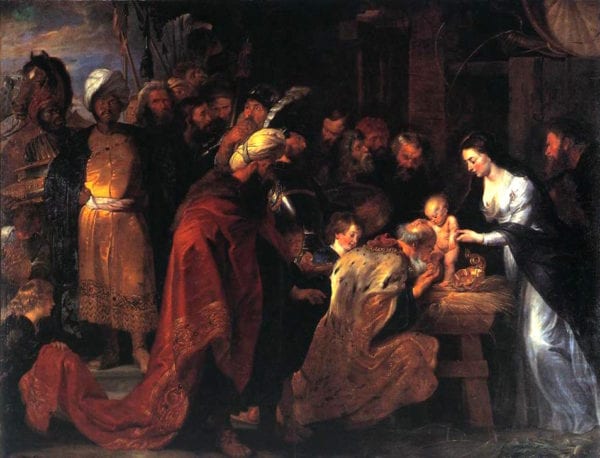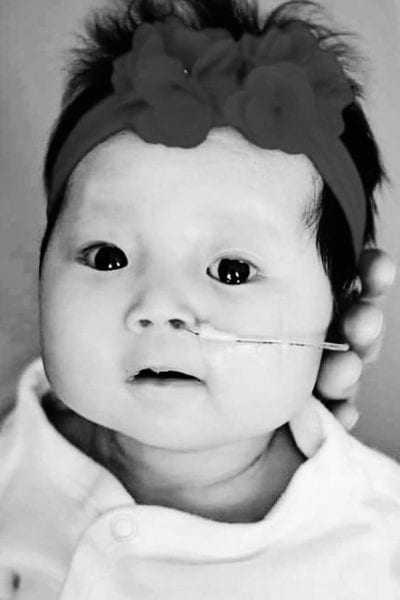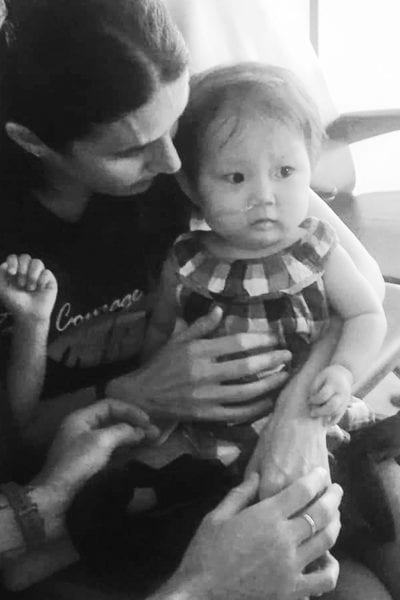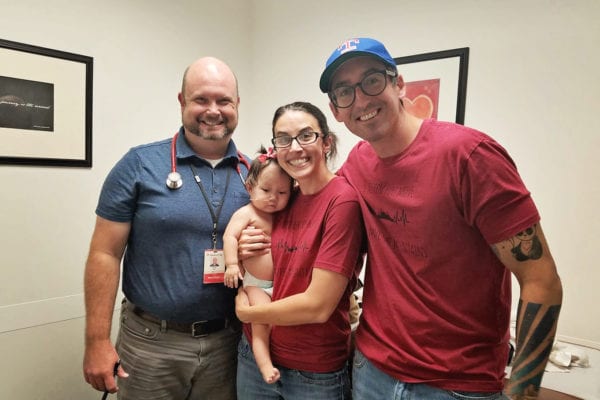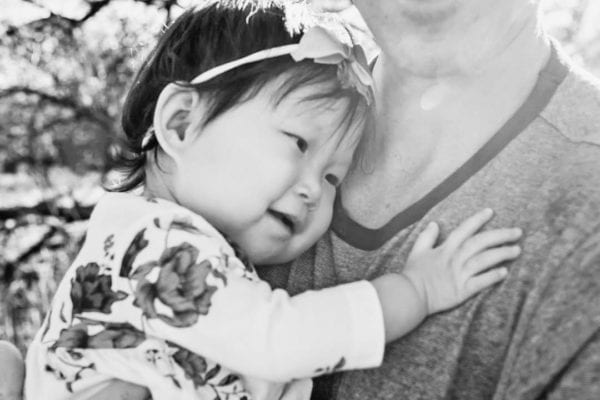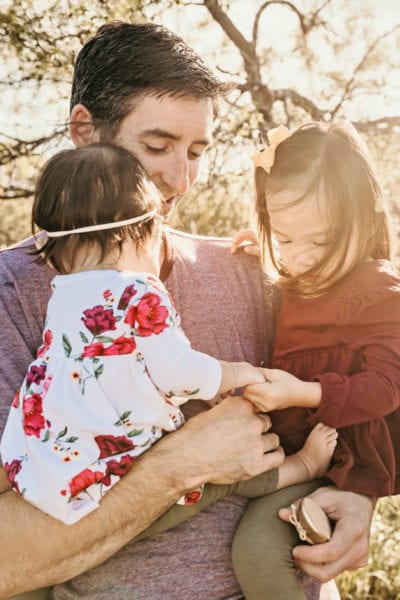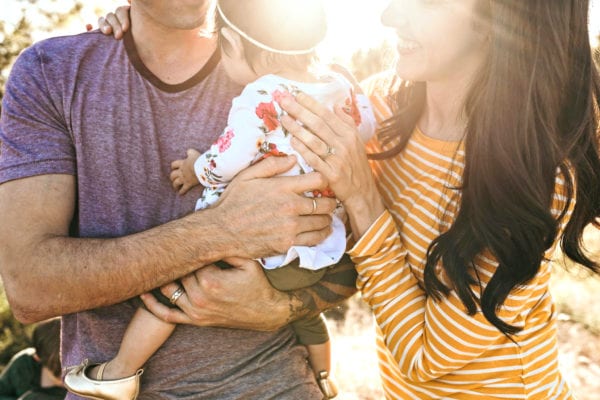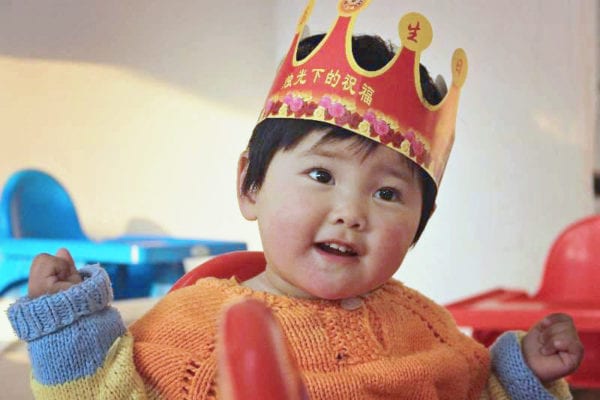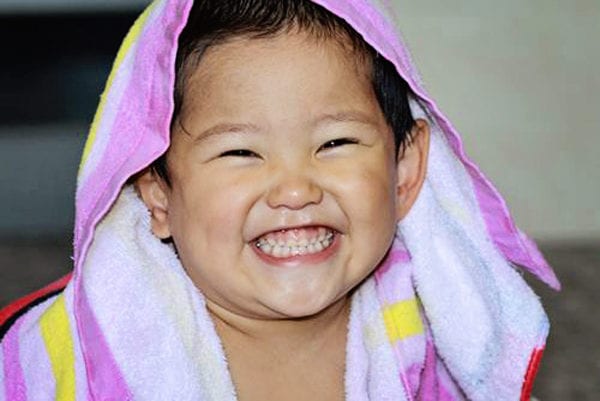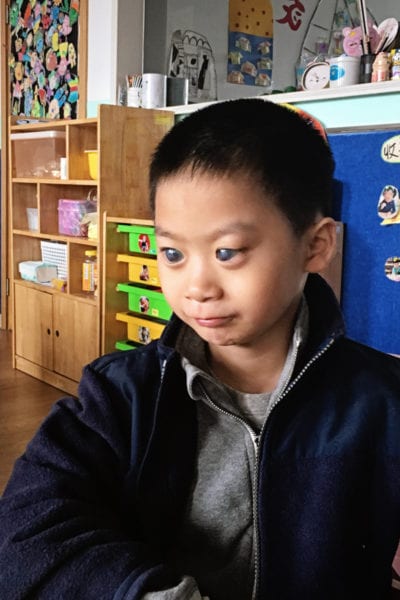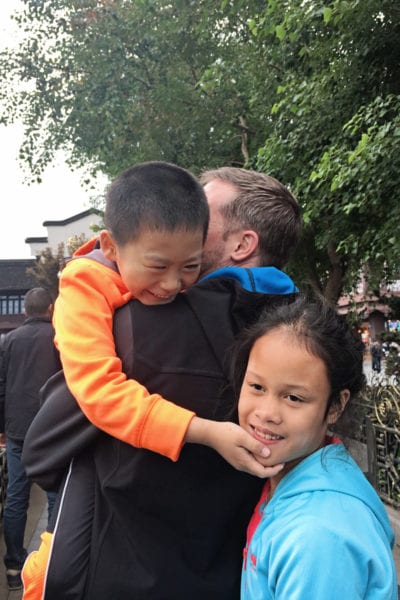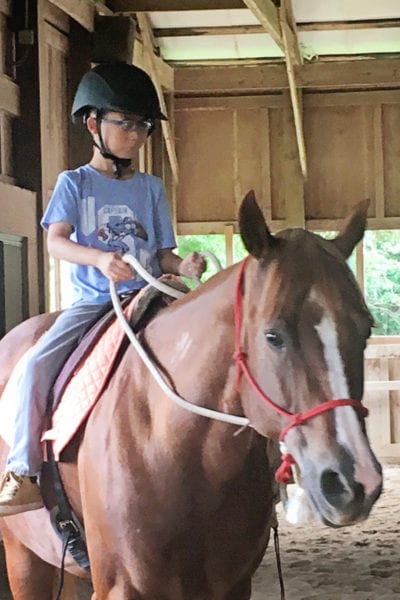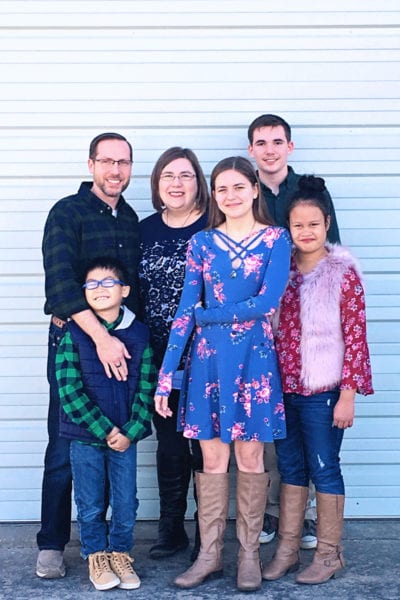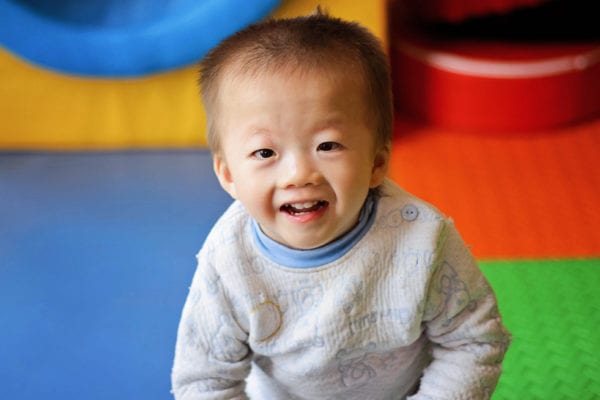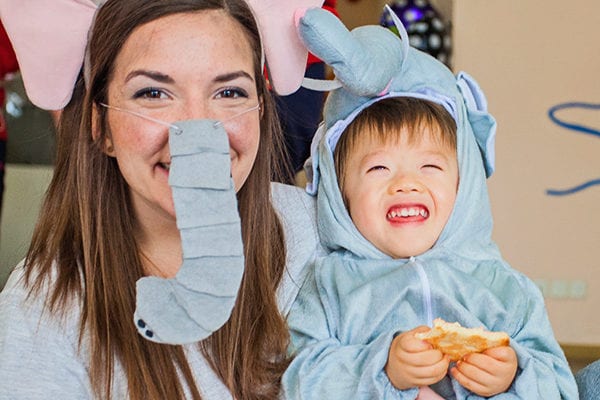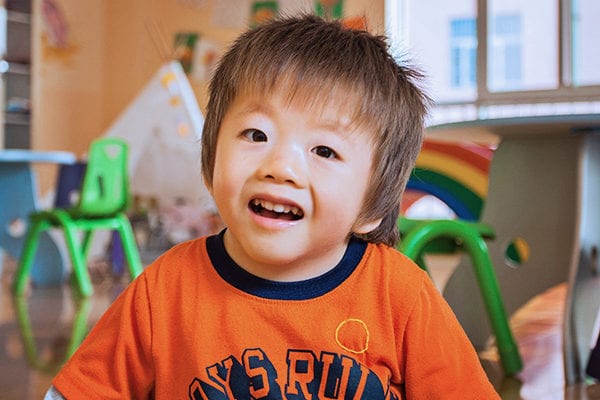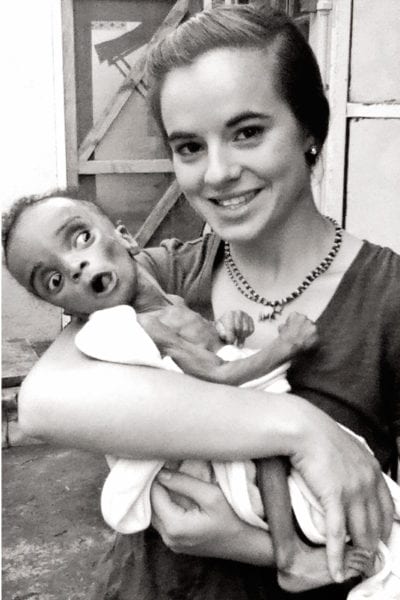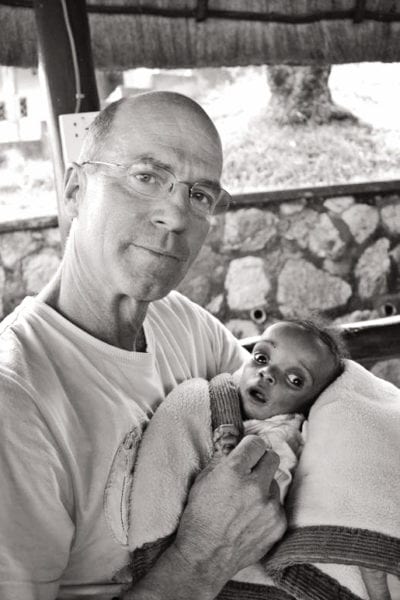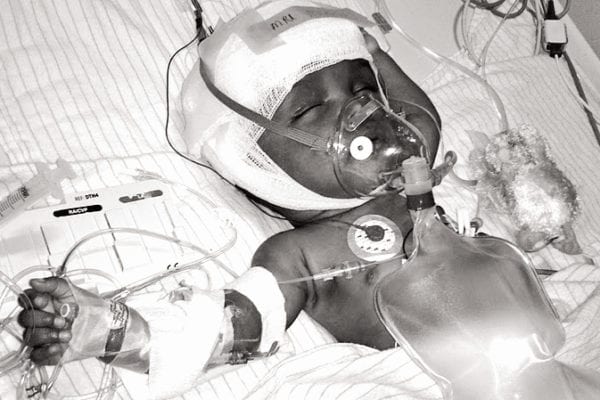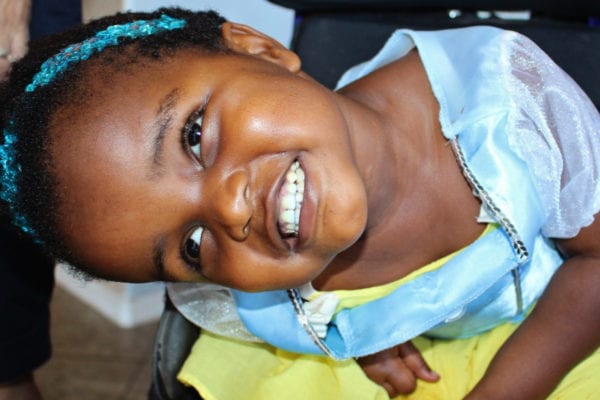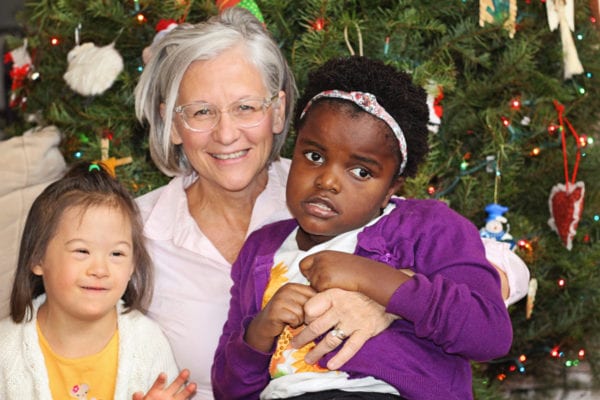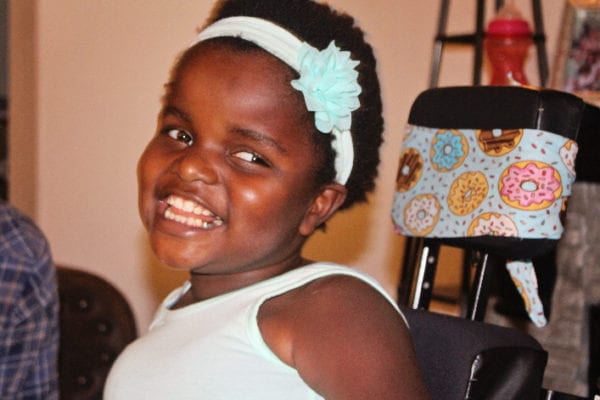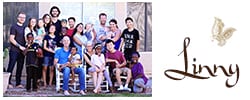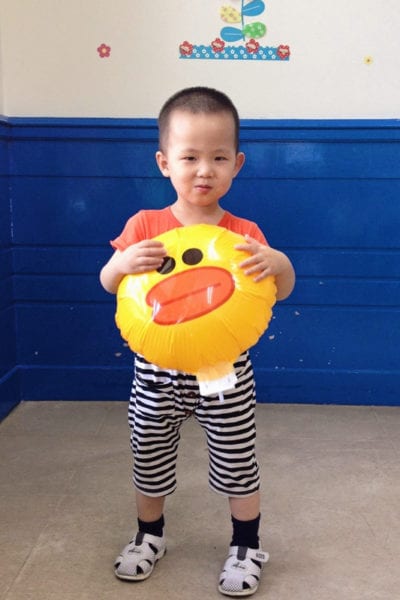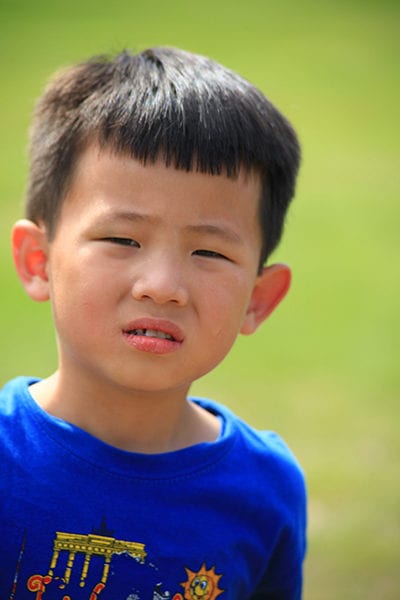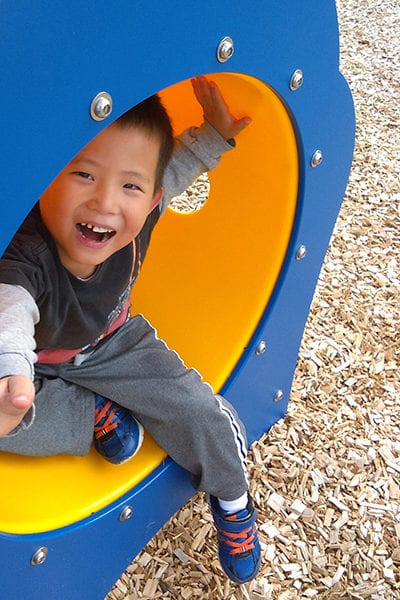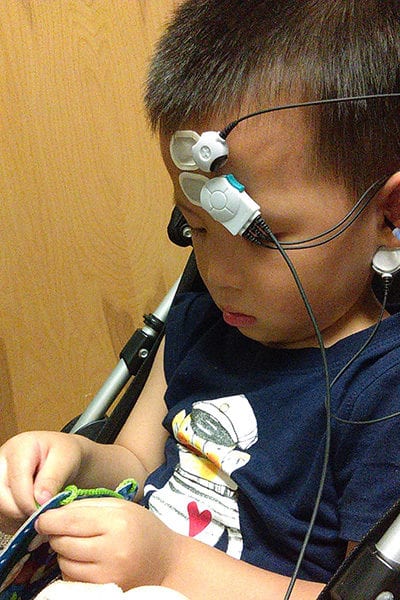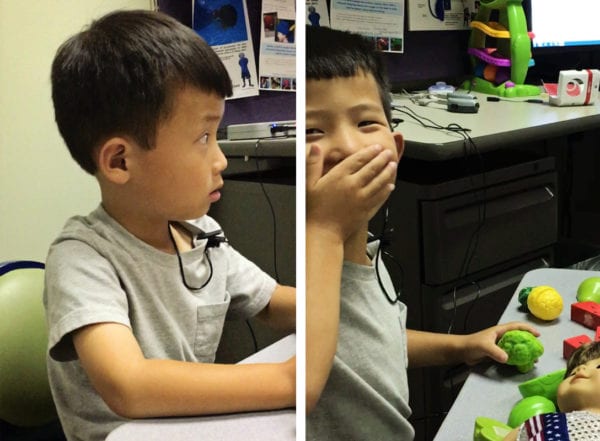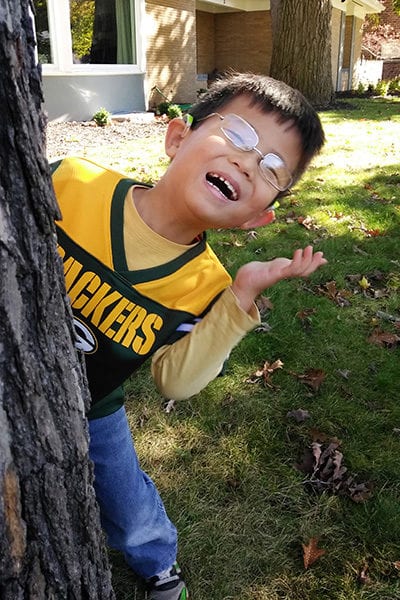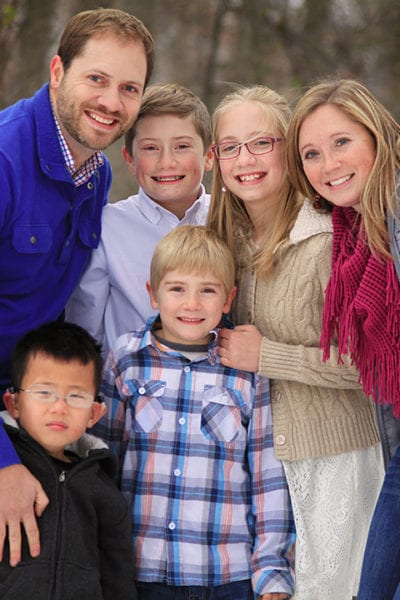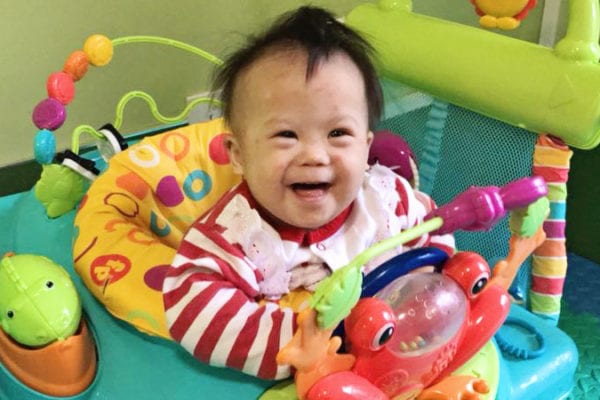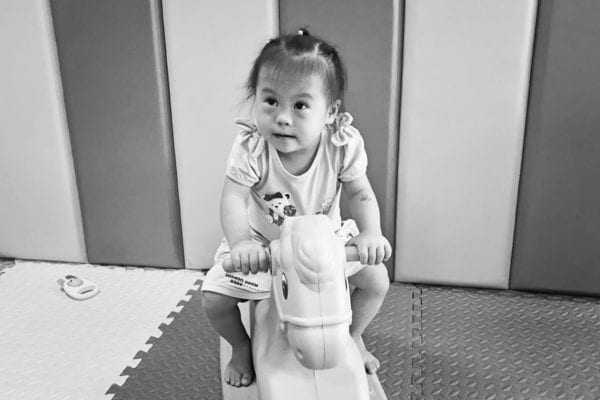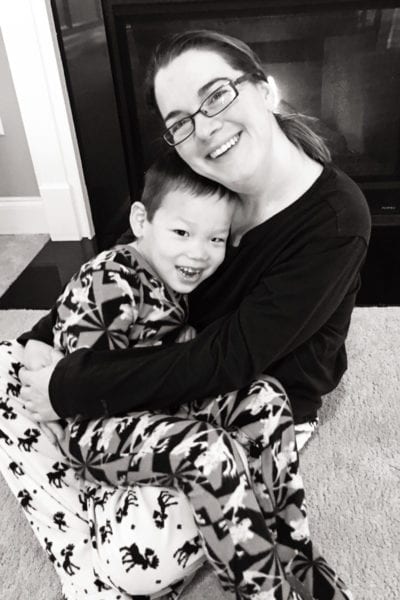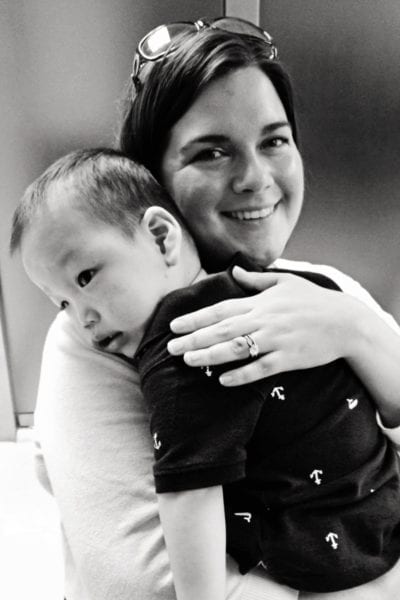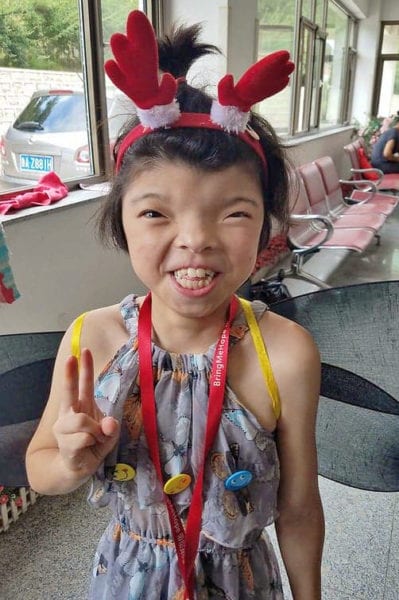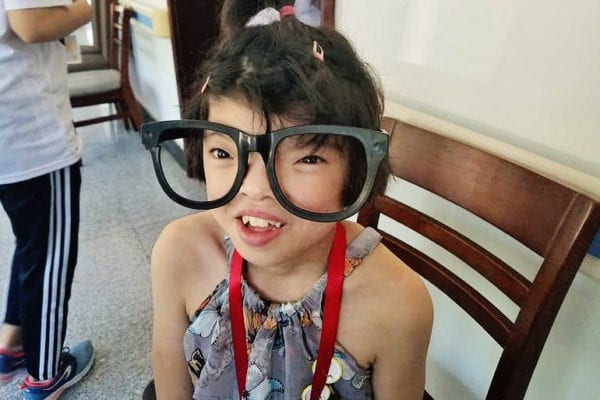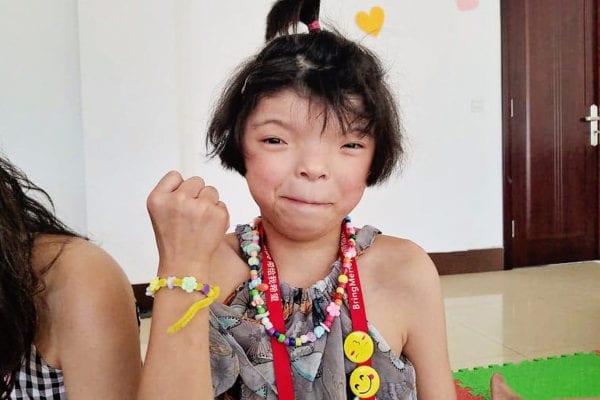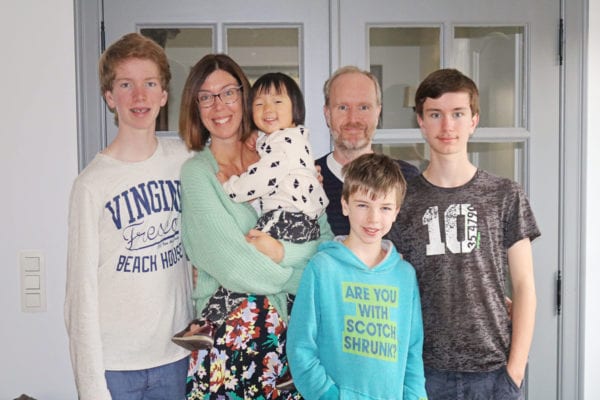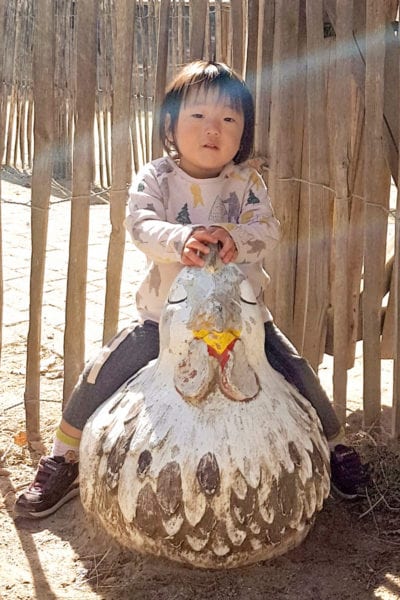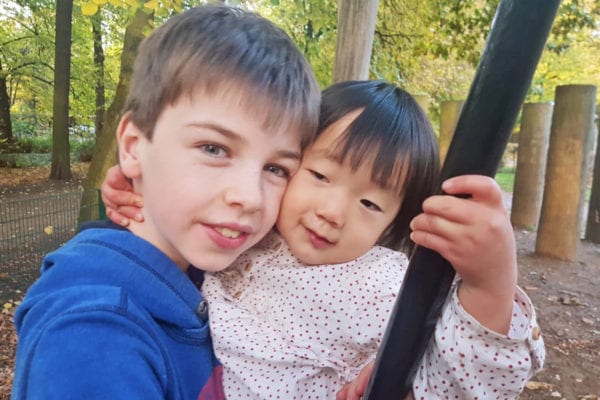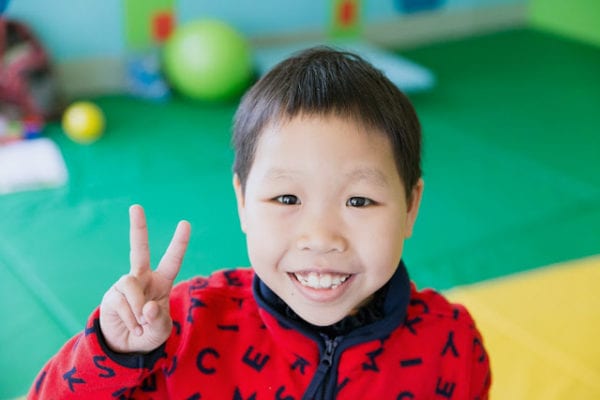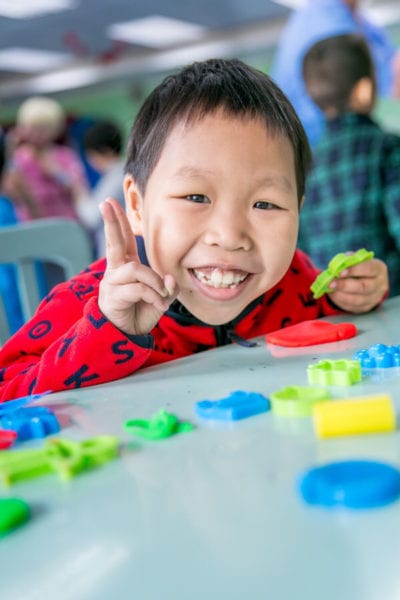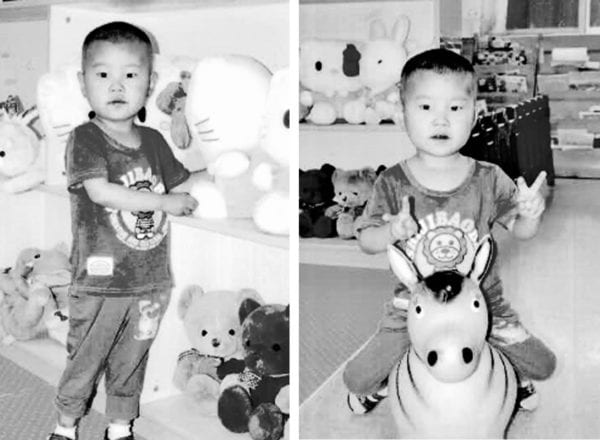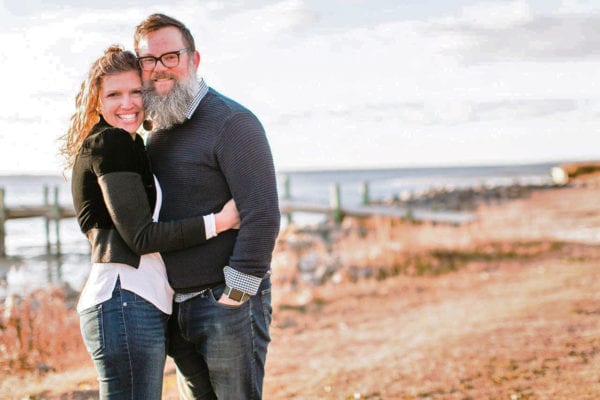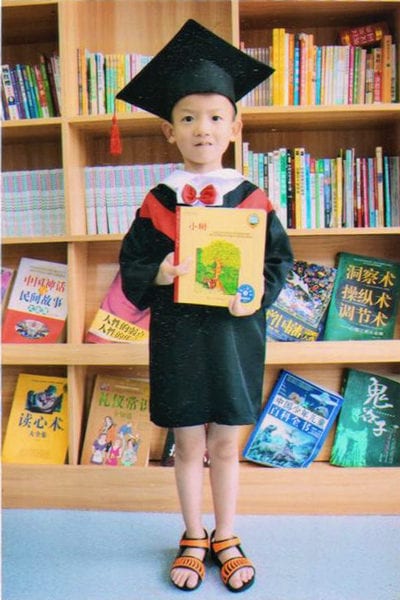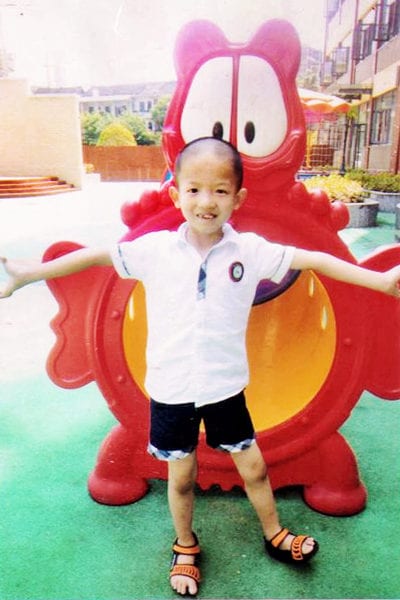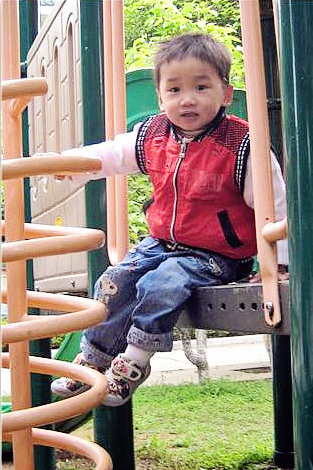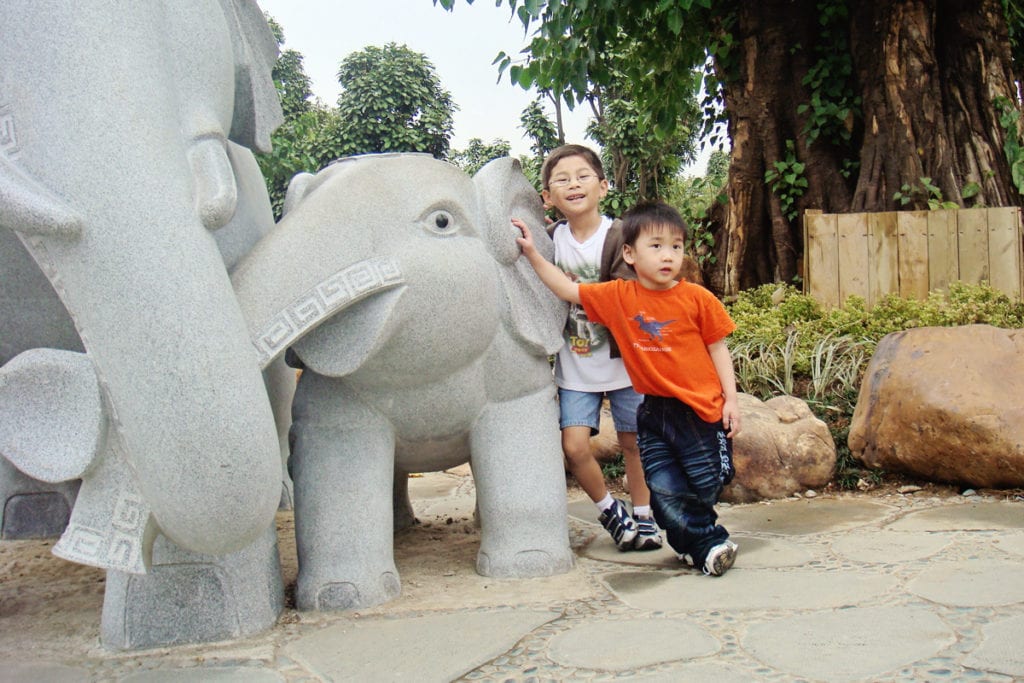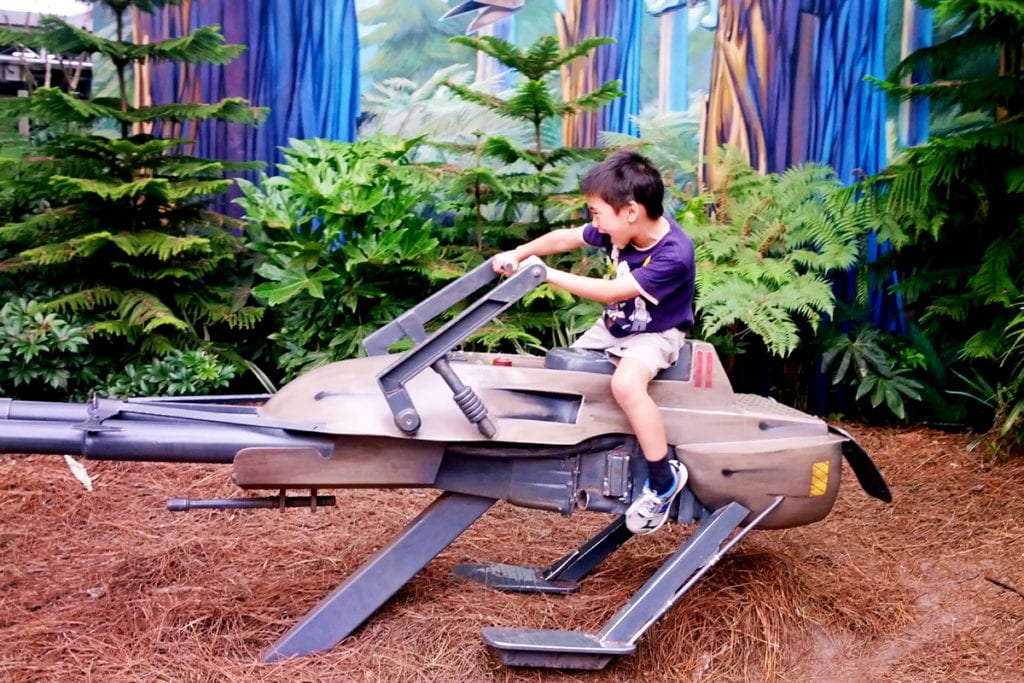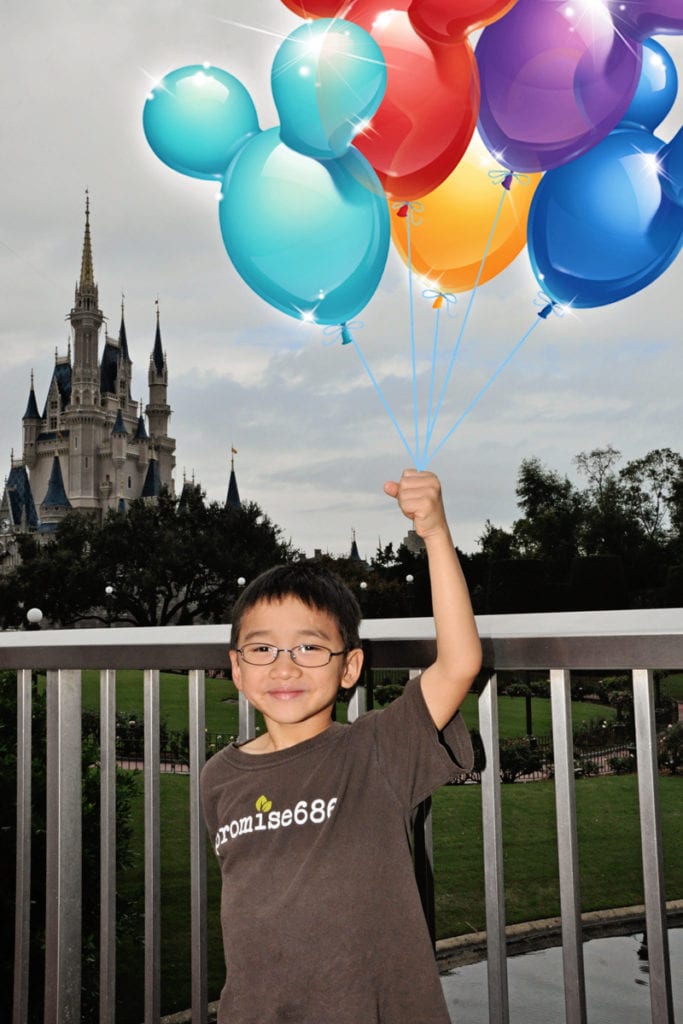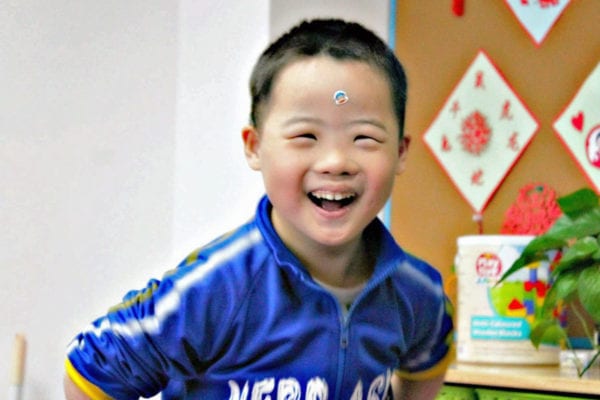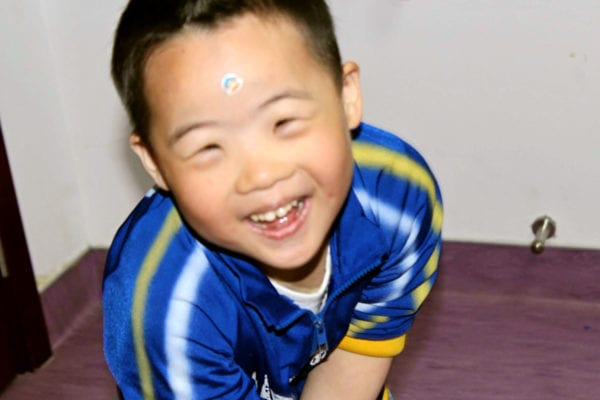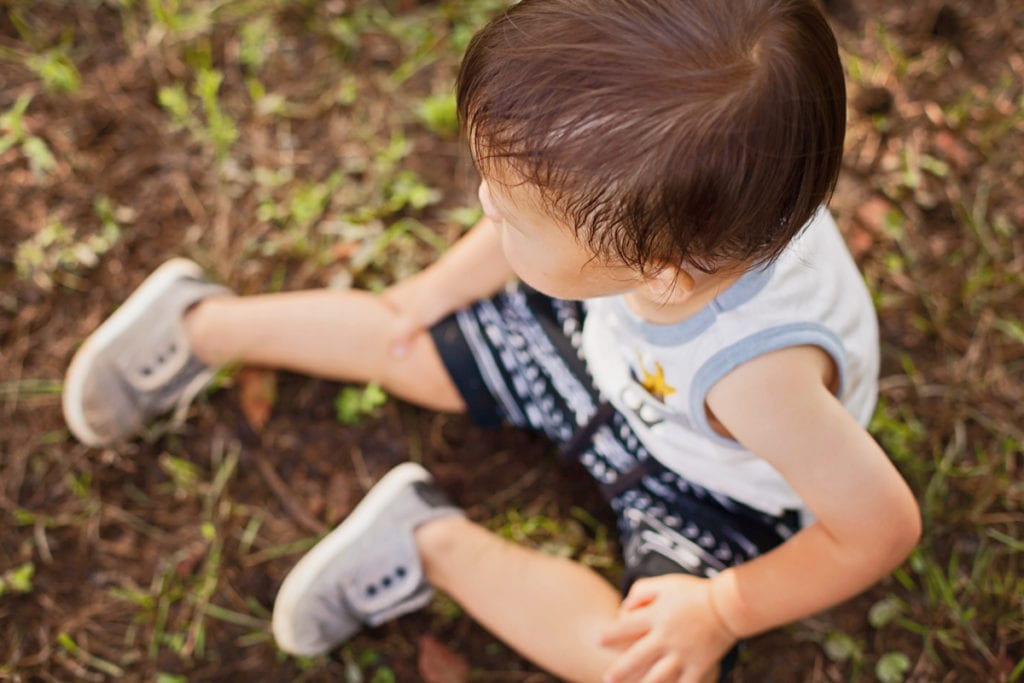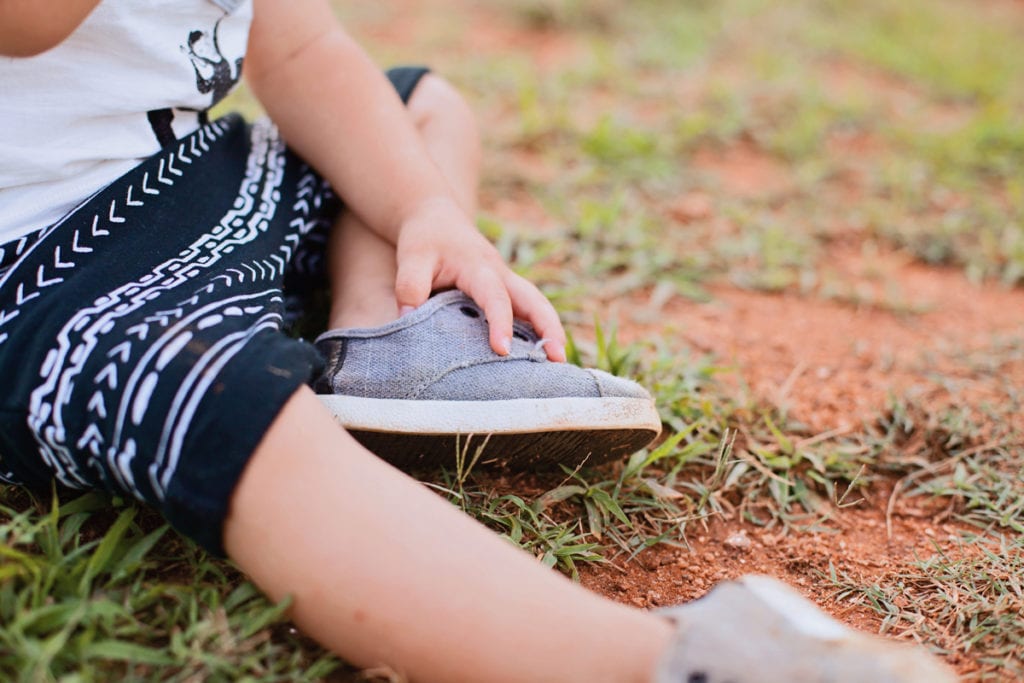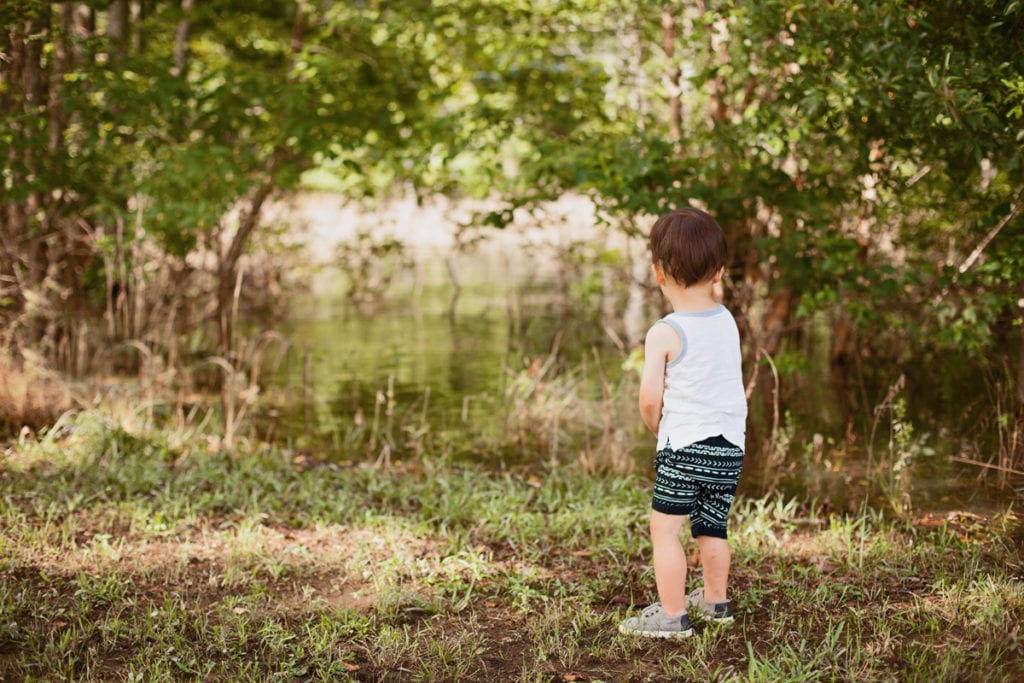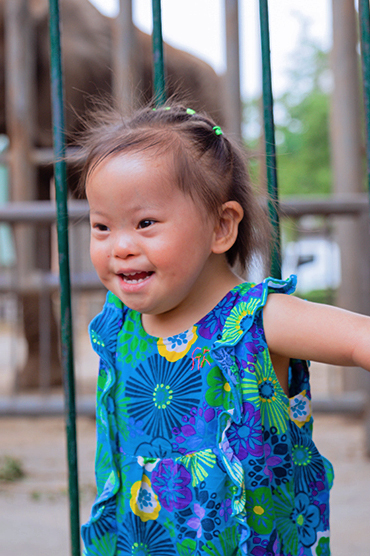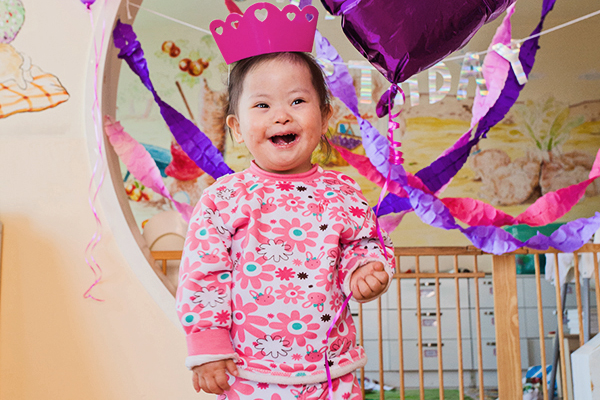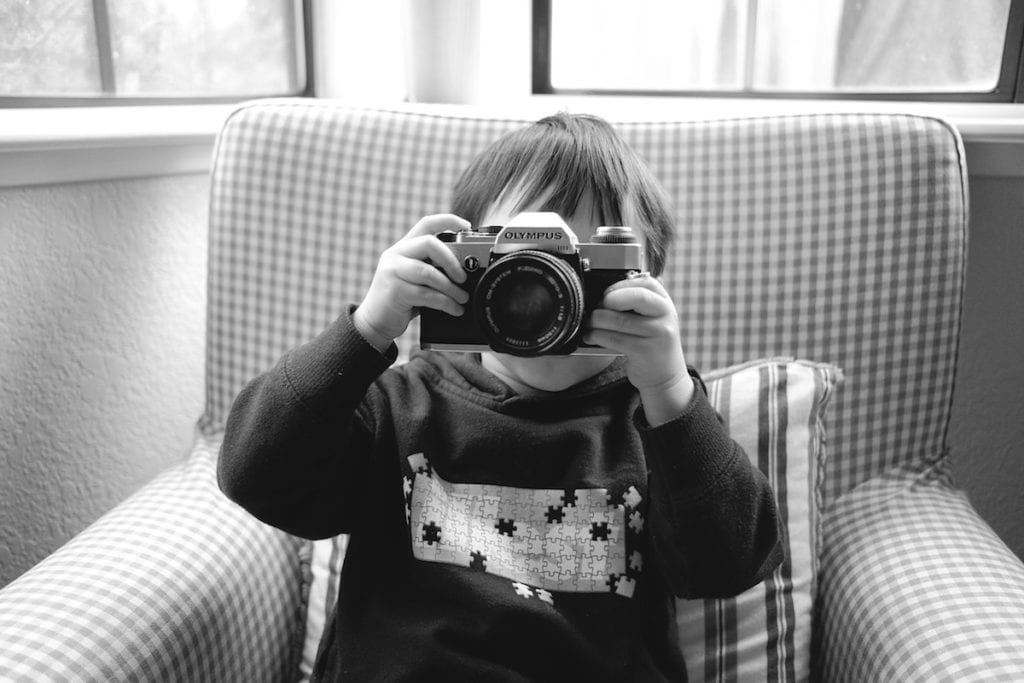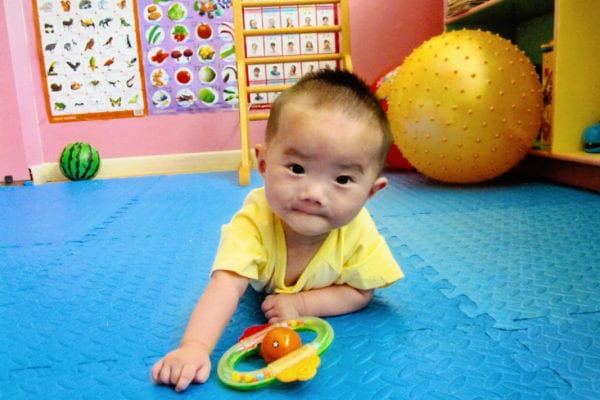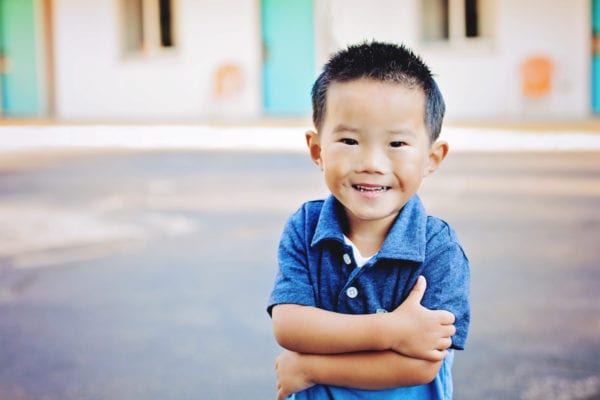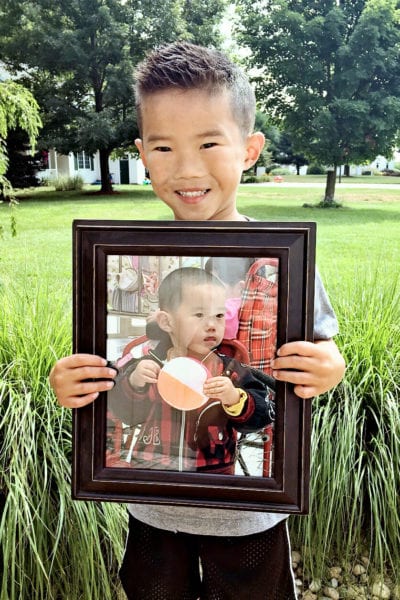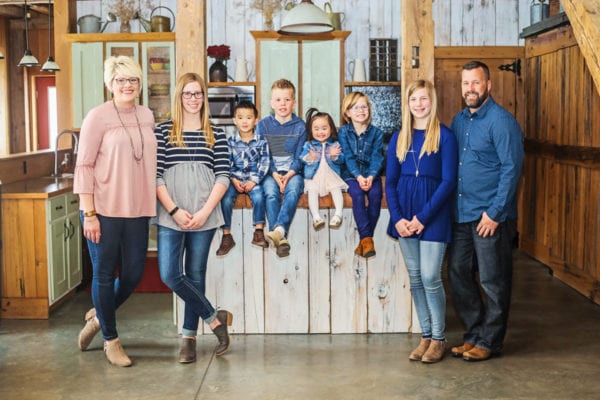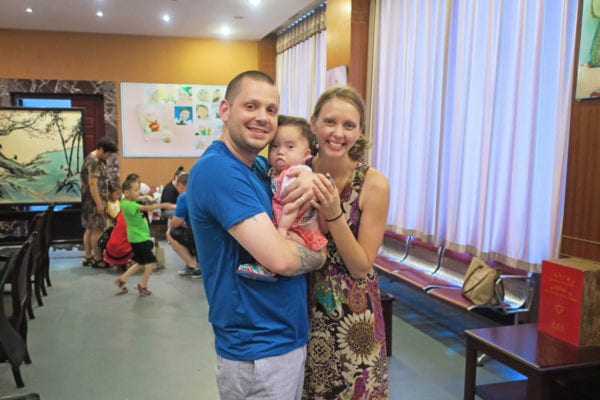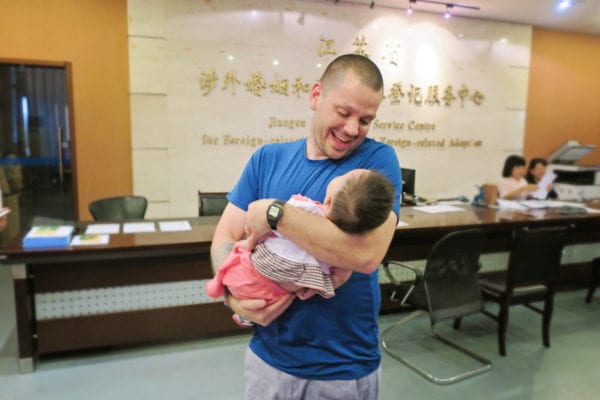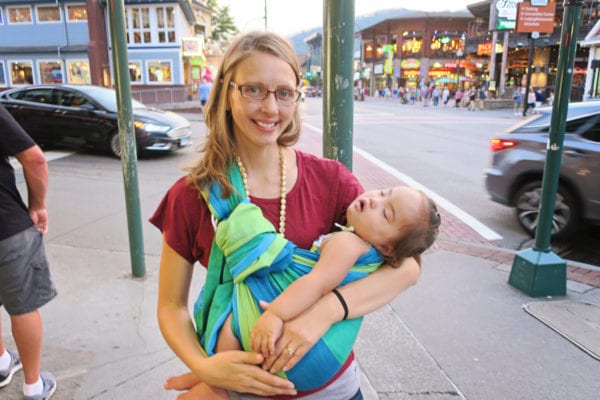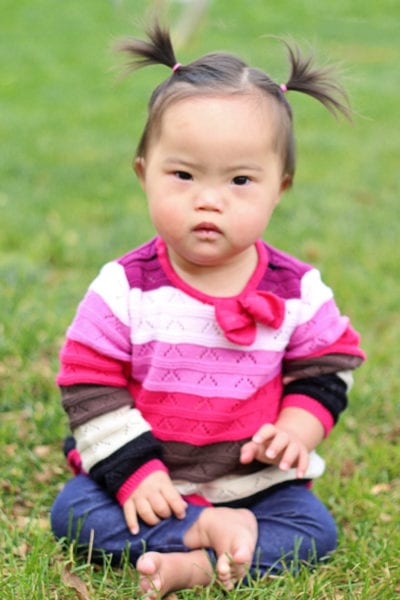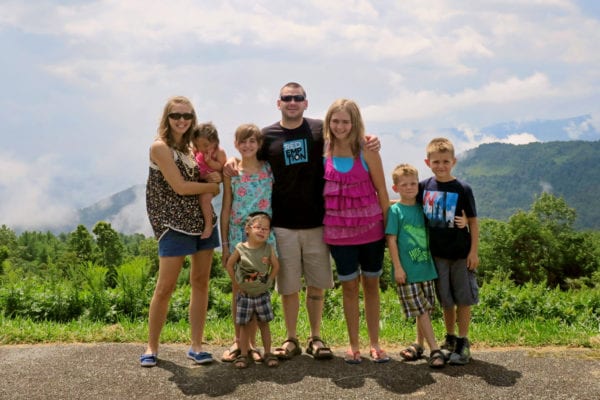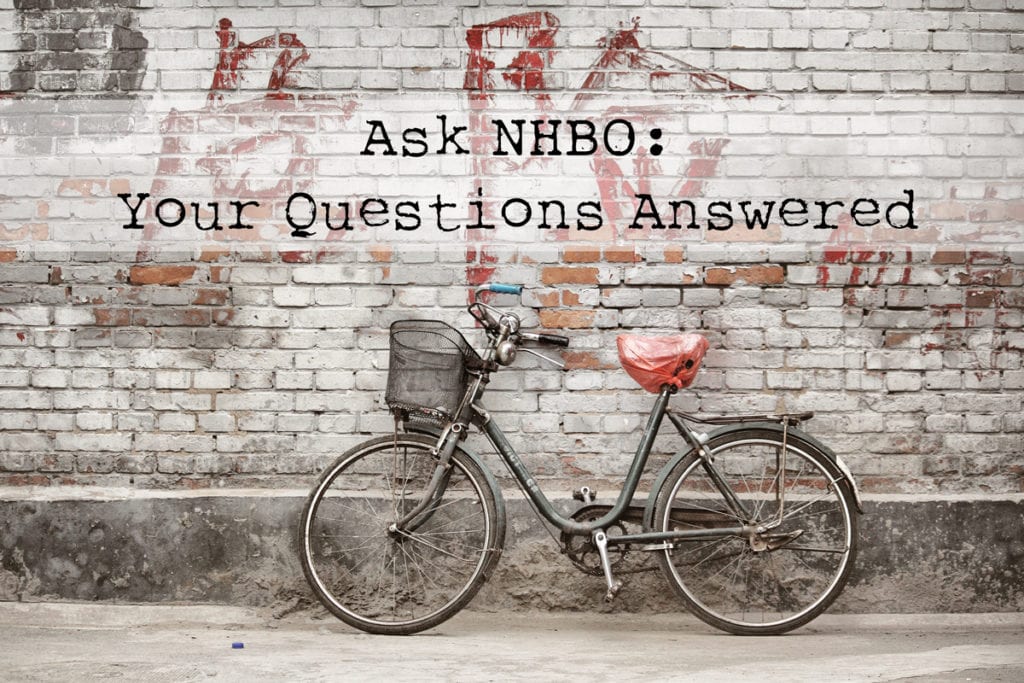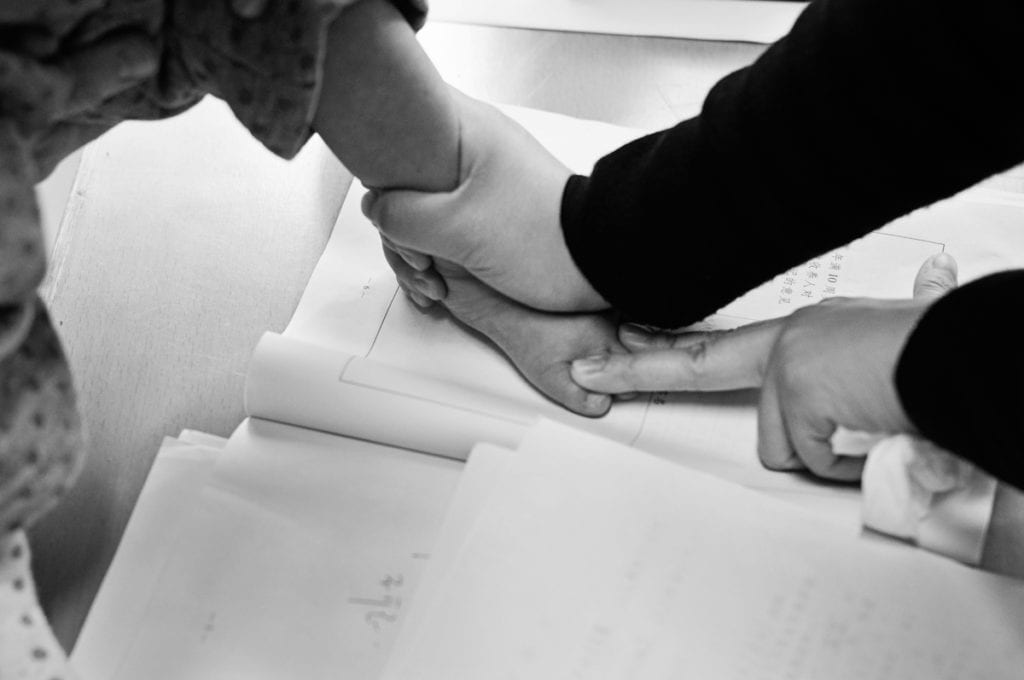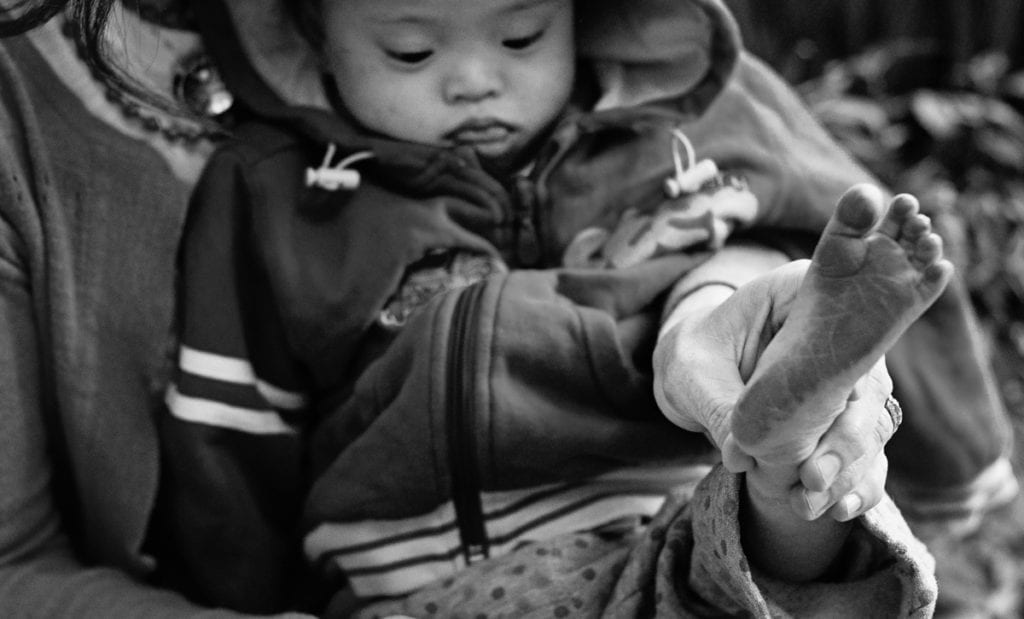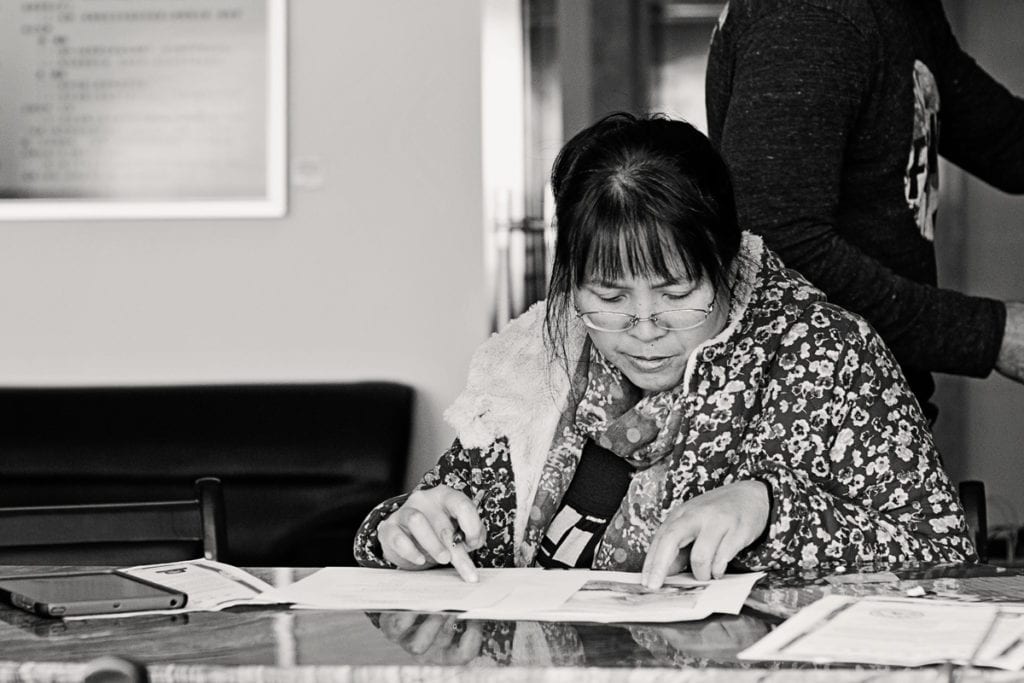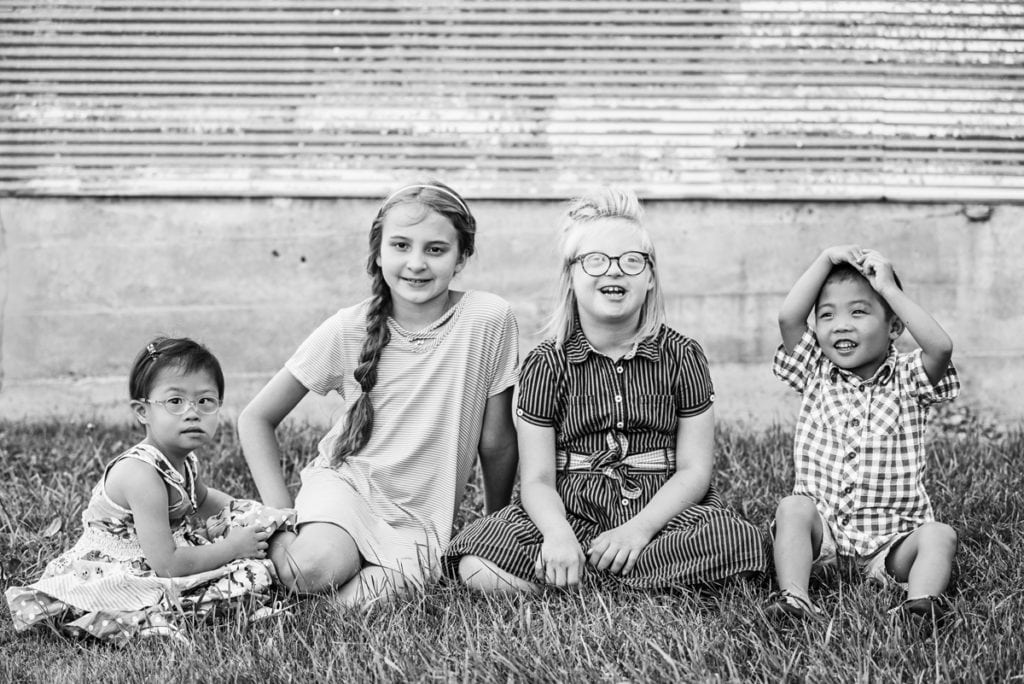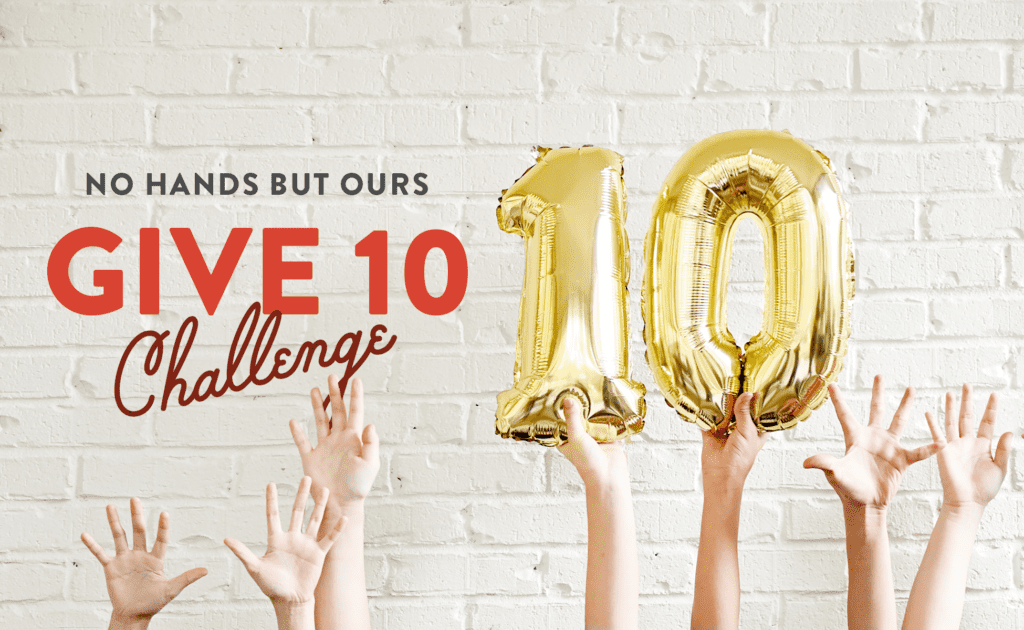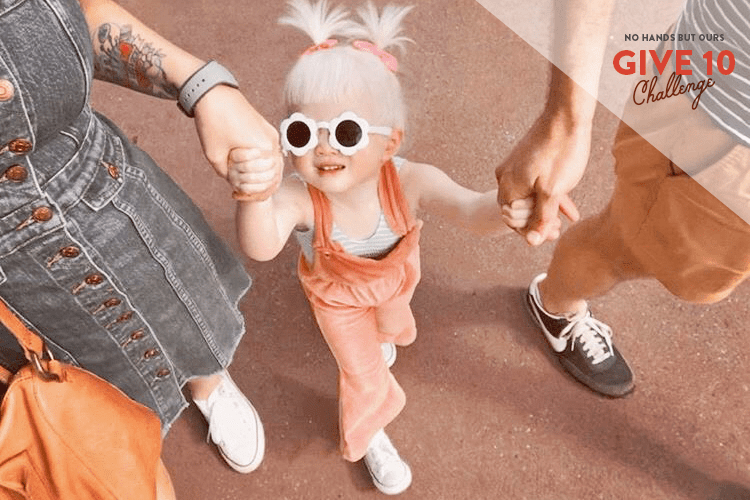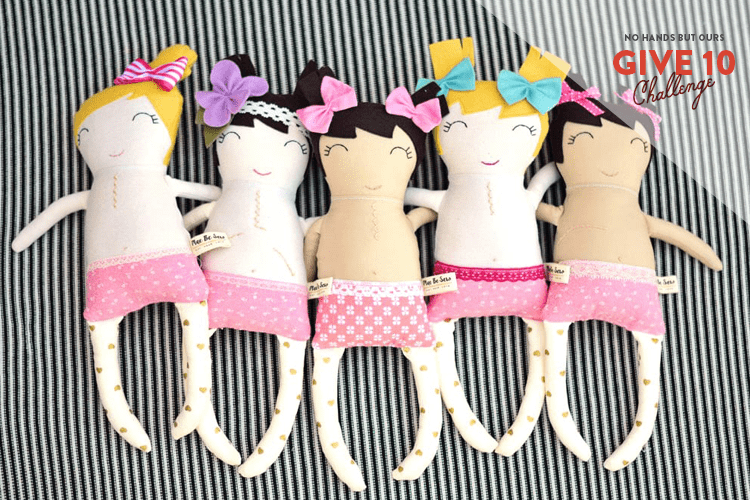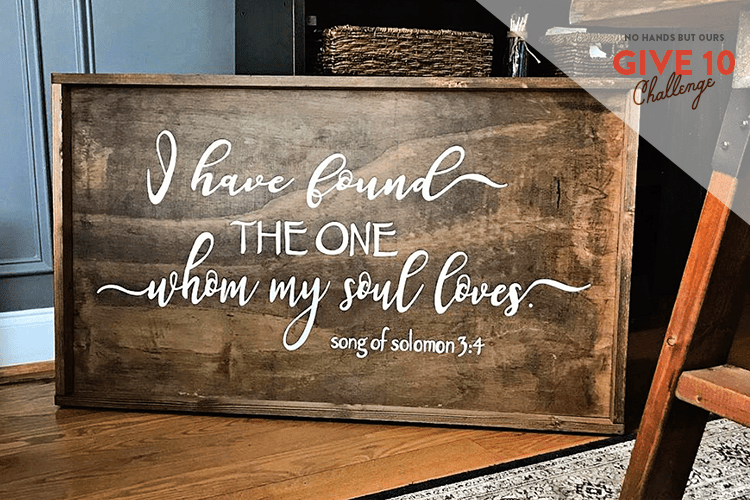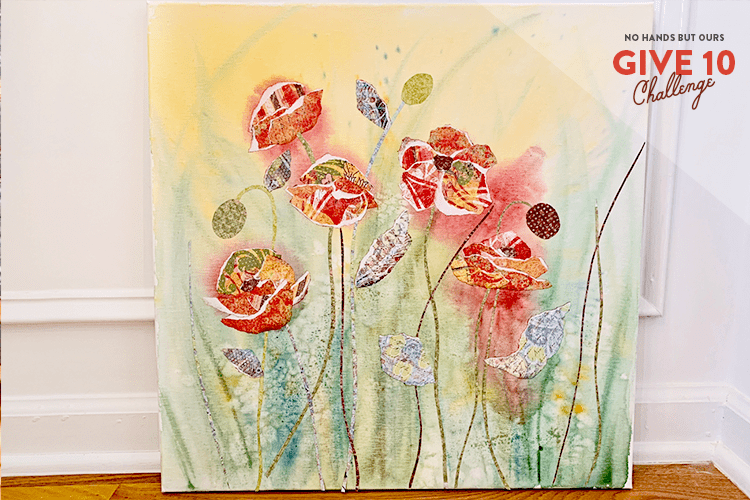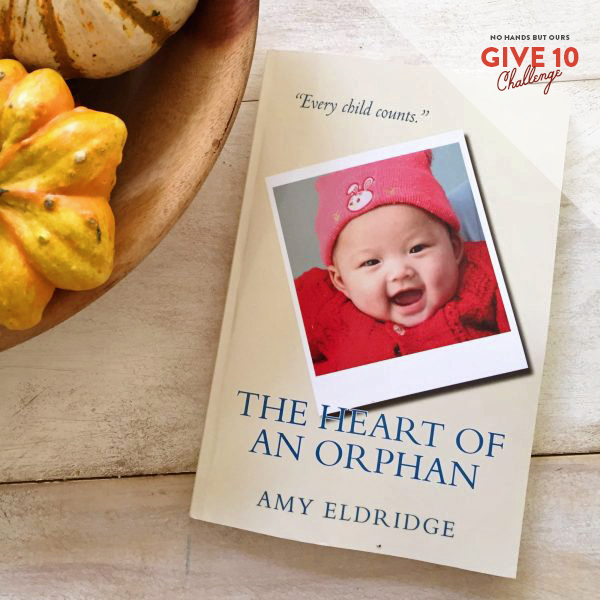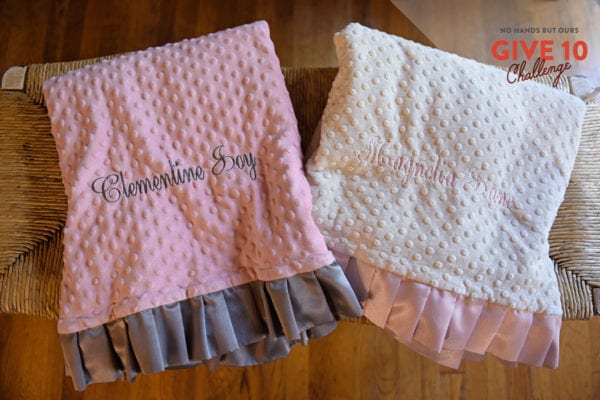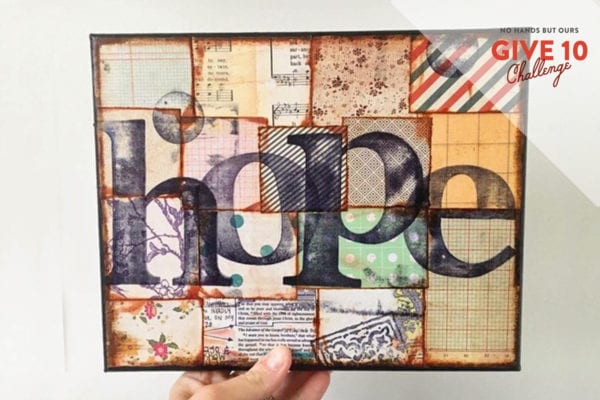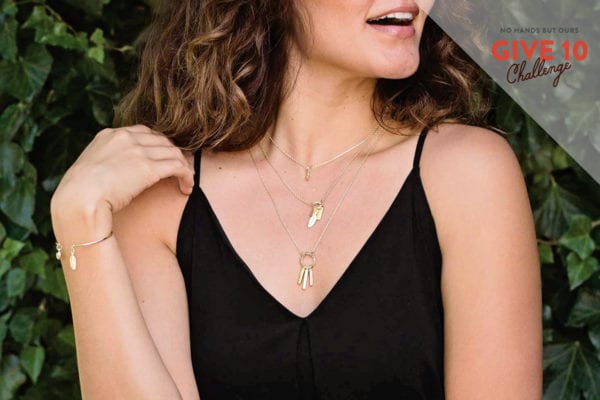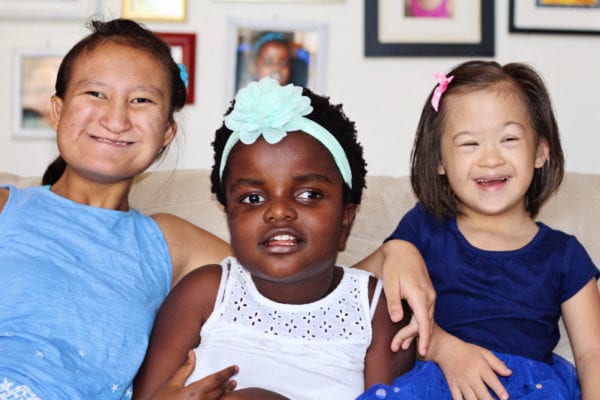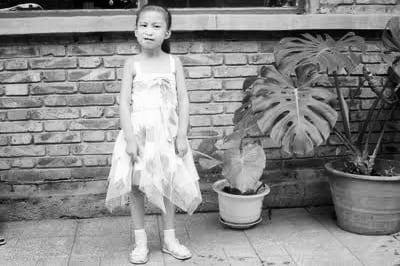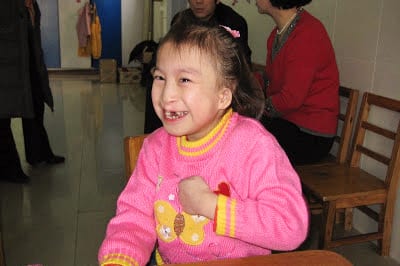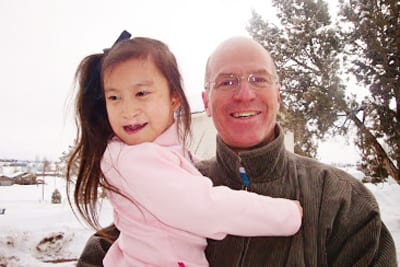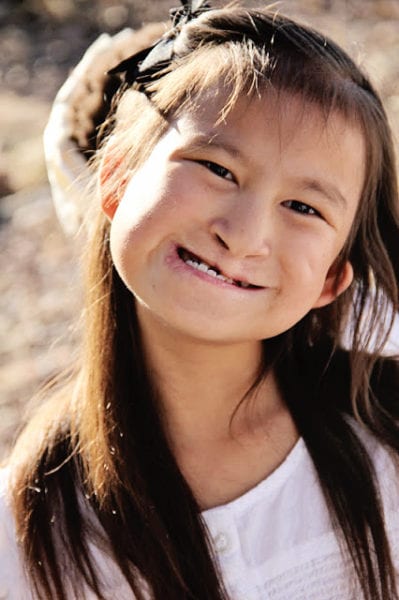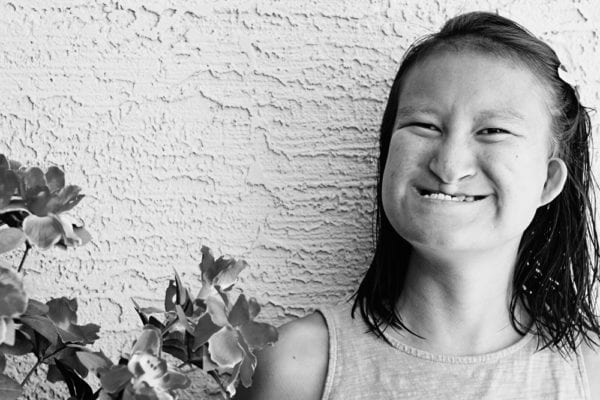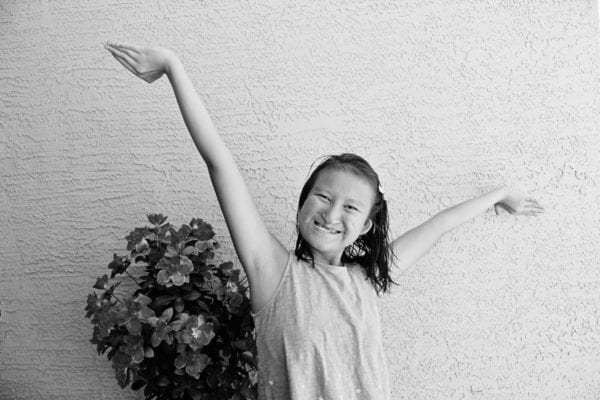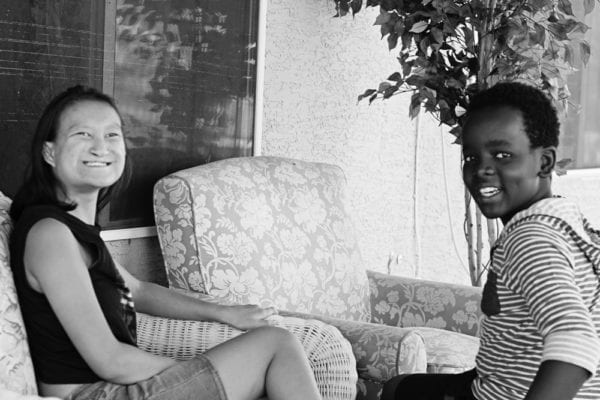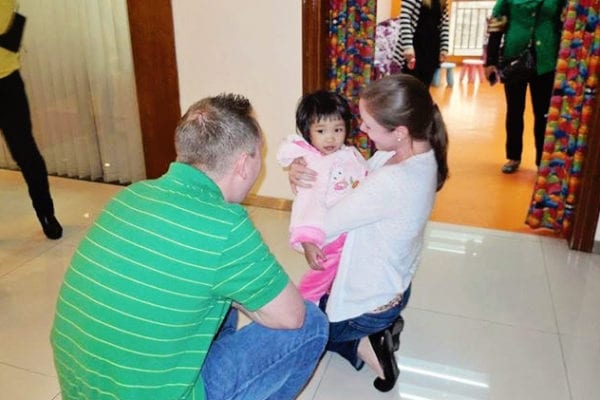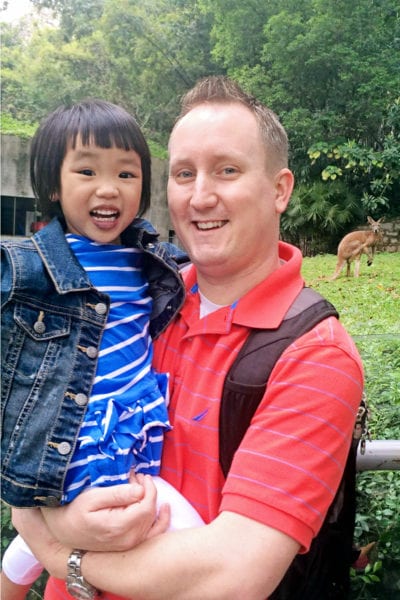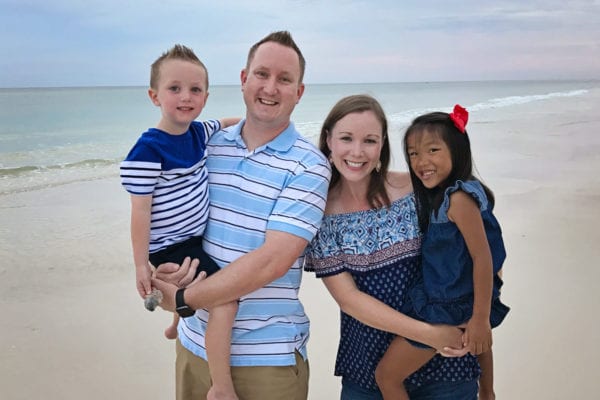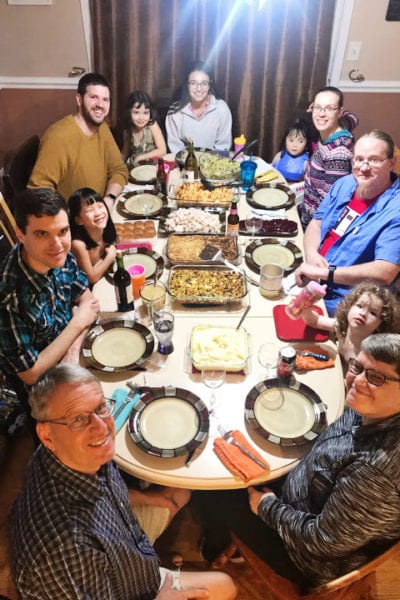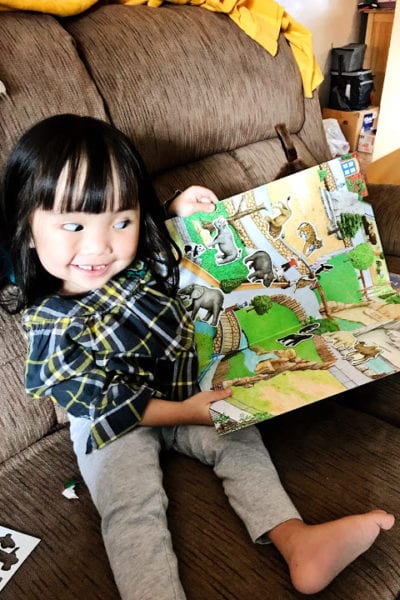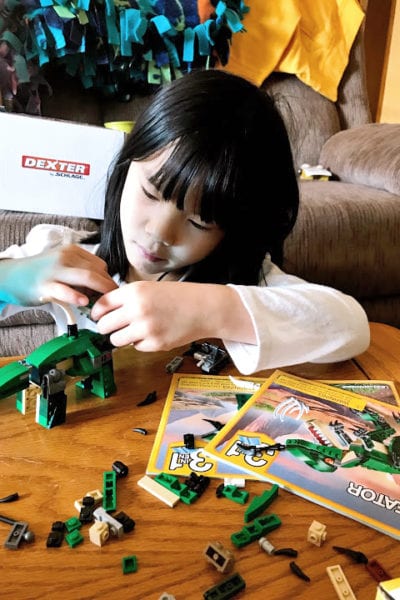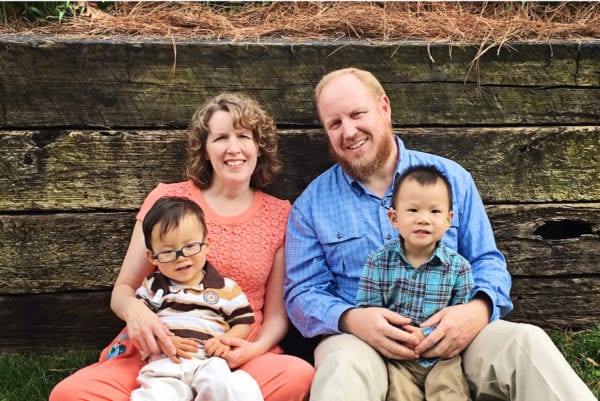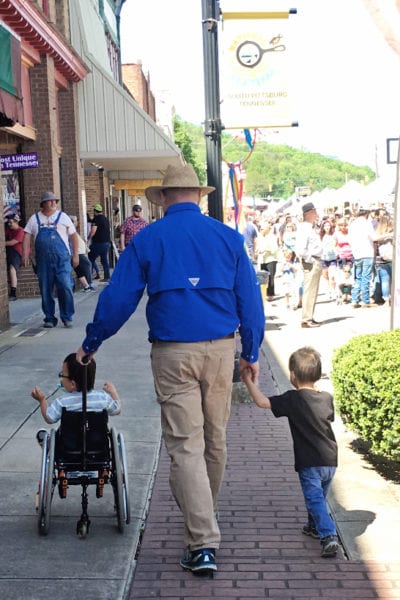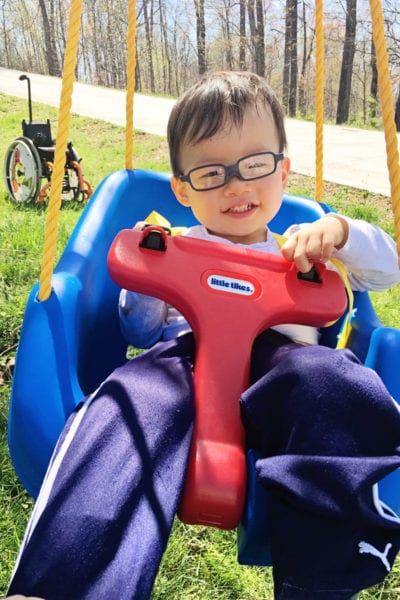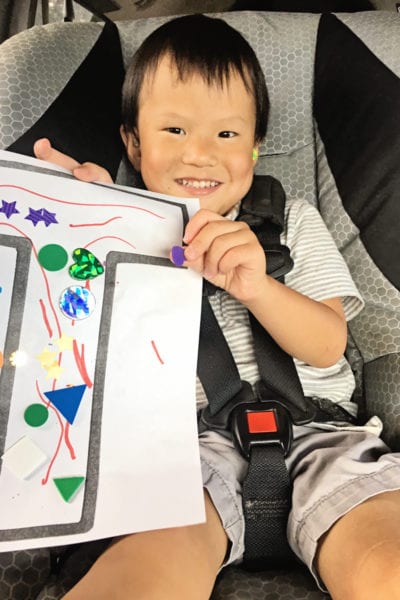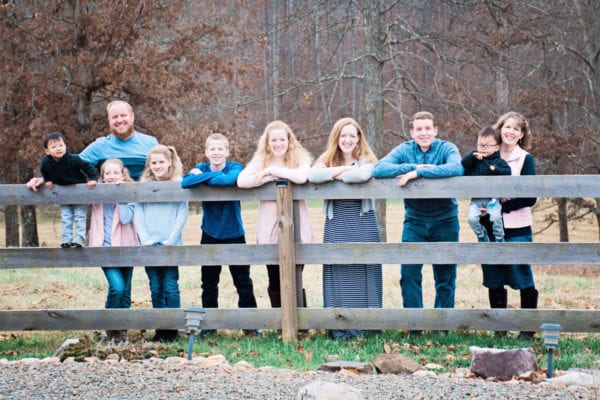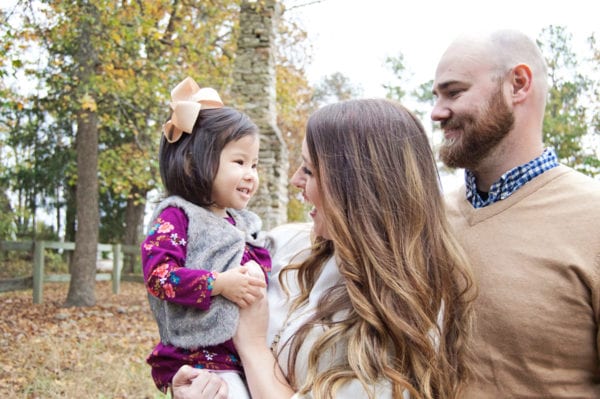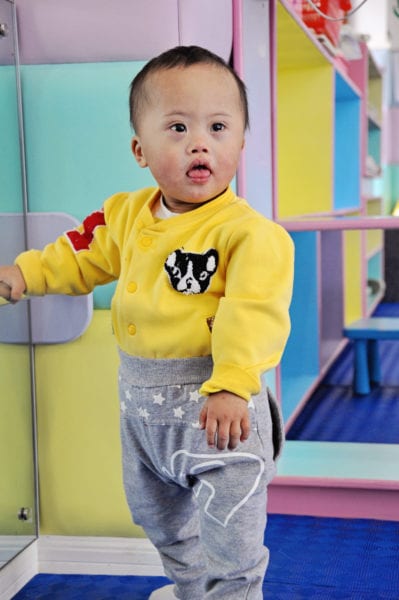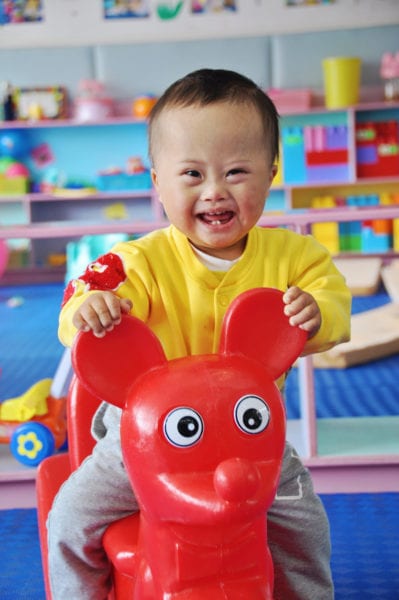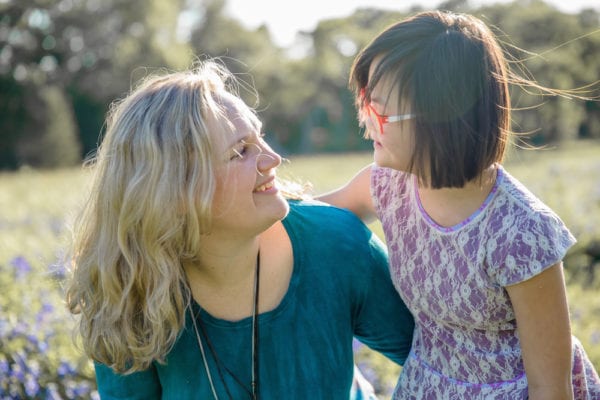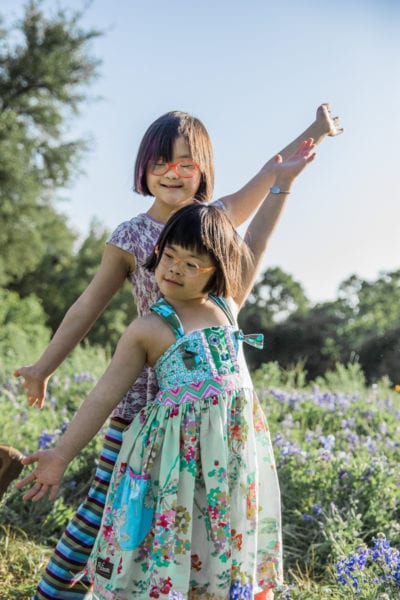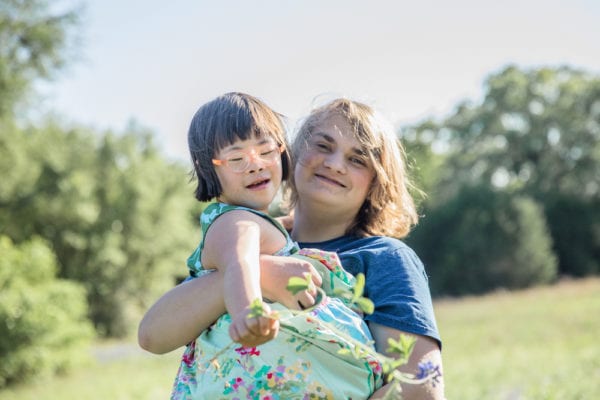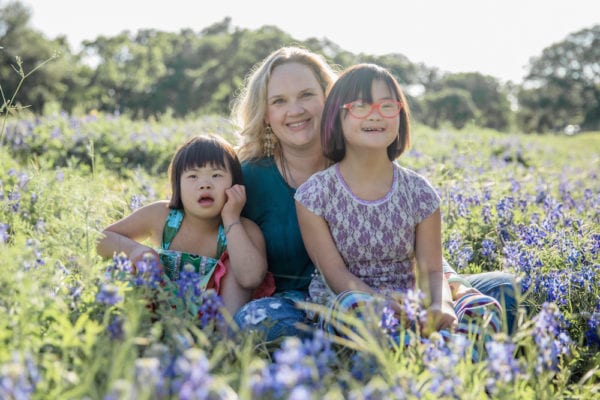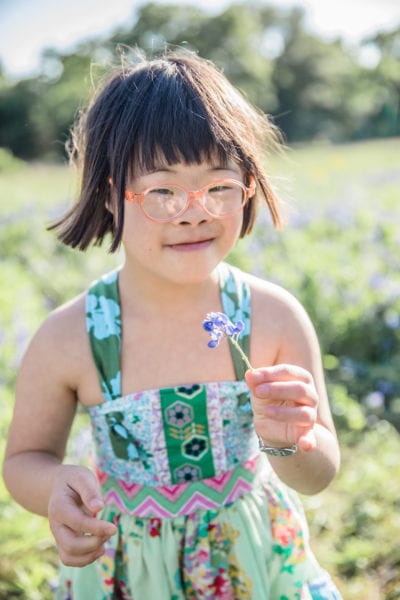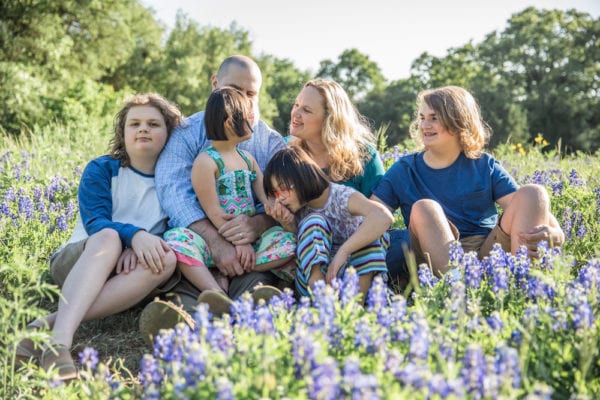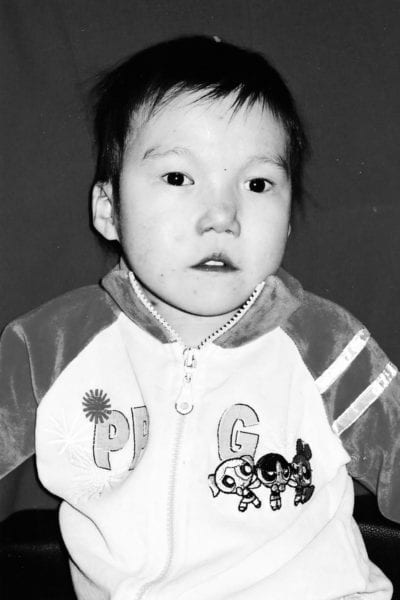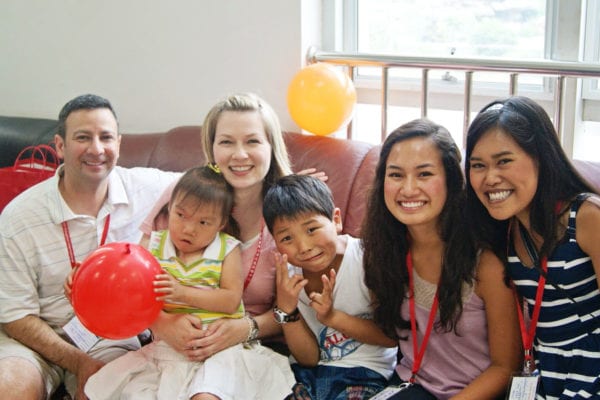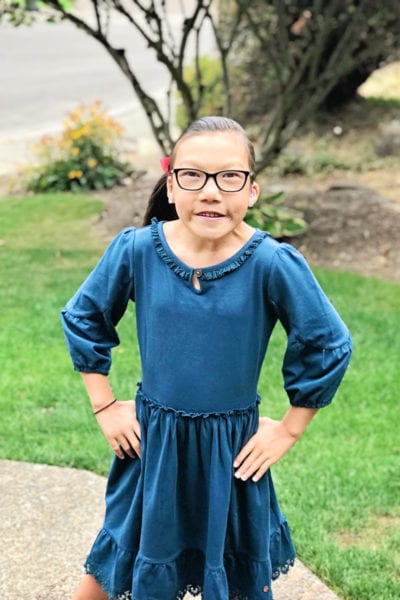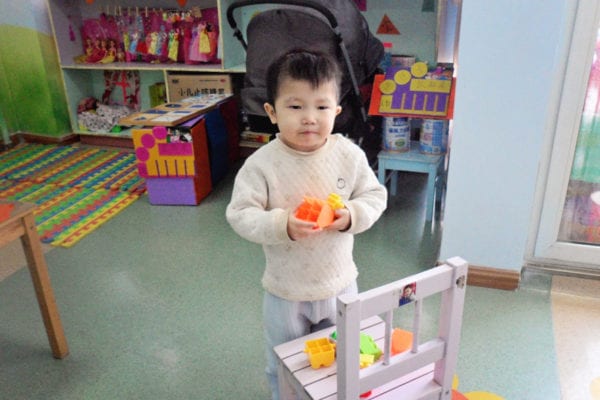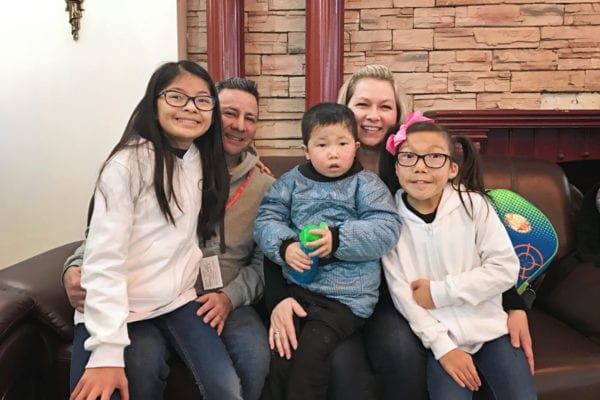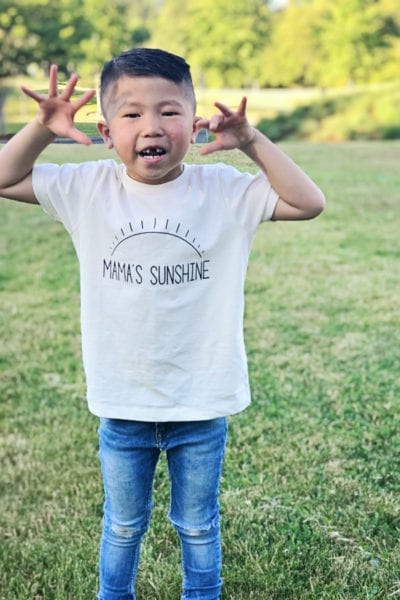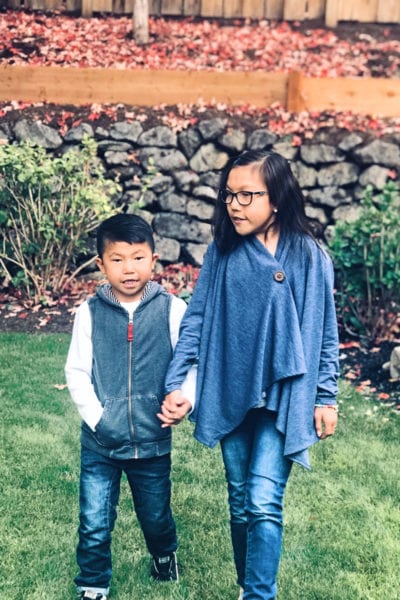Precocious Bobby grinned ear-to-ear as he crunched the delicious corn his chubby fingers had threaded onto skewers not long before. Through his special education class at International China Concern (ICC), he learned about…
• Planting and harvesting from ICC’s on-site garden.
• Washing and preparing food together as family.
• Temperature and cooking in the kitchen.
And how with care and investment, the fruits of his labor were worth every bit of the effort.
Life-giving, joyful transformation might not be what comes to mind when one envisions orphan care in China, but that’s exactly what the holistic care model of ICC is providing for hundreds of young people and families. While some might limit Bobby because he has Down syndrome, at ICC, he is treasured and challenged, loved and cherished. And, the same is true for hundreds of others in ICC’s care.
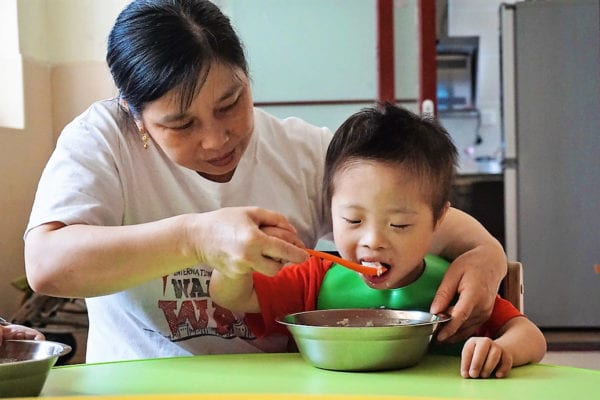
Brief History
Since 1993, ICC has served in Hunan Province, partnering with the Chinese government to provide holistic care for young people who’ve been abandoned. In an effort to end the orphan crisis, ICC has expanded its Family Partners Program, providing expertise and services for families raising children with disabilities. ICC also focuses on advocacy, striving to empower and train Chinese nationals in order to see lives saved, families supported, communities transformed and attitudes changed.
Holistic Care
“We are committed to creating environments that foster the development of the whole person for China’s abandoned and disabled – mentally, emotionally, socially, physically and spiritually.” – ICC Value Statement
Young people in ICC’s care are provided with meaningful, holistic care designed to provide the “fullness of life”. But what does that mean on a day-to-day, year-to-year basis?
Precious Cora has been part of the ICC family since she was a young infant. In that time, this light of a child has grown into an exuberant little girl, now 4-years-old.
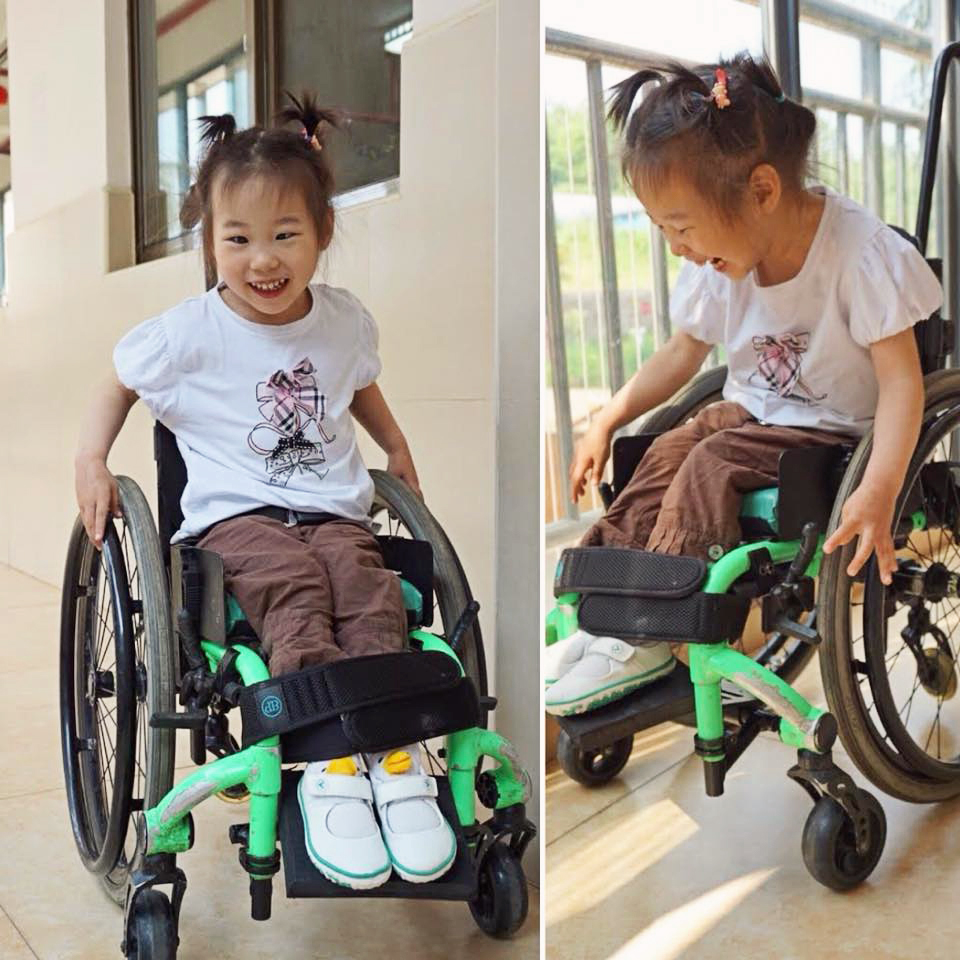
In order to provide her with the best care possible, ensuring she meets her fullest potential, a “person-centered meeting” occurs regularly with all caregivers, therapists and educators gathered to set personal goals. Each child at ICC is the focus of such a routine meeting where his or her strengths, weaknesses, likes and dislikes are considered and challenged to help stimulate growth. Specialized medical care plans, including surgical interventions, medications and therapies are also discussed and planned.
Just this year, Cora’s therapists fitted her with a customized wheelchair to promote proper posture, enhance cognitive growth and allow her to experience the thrill of independent mobility. Much to the surprise of her therapists and caregivers, Cora took off immediately! It was as if she had been waiting for that moment all her life!
She wheeled and spun and giggled as her team cheered her along. What a gift!
Mobility, confidence and love – each realized through the dedication of person-centered care.
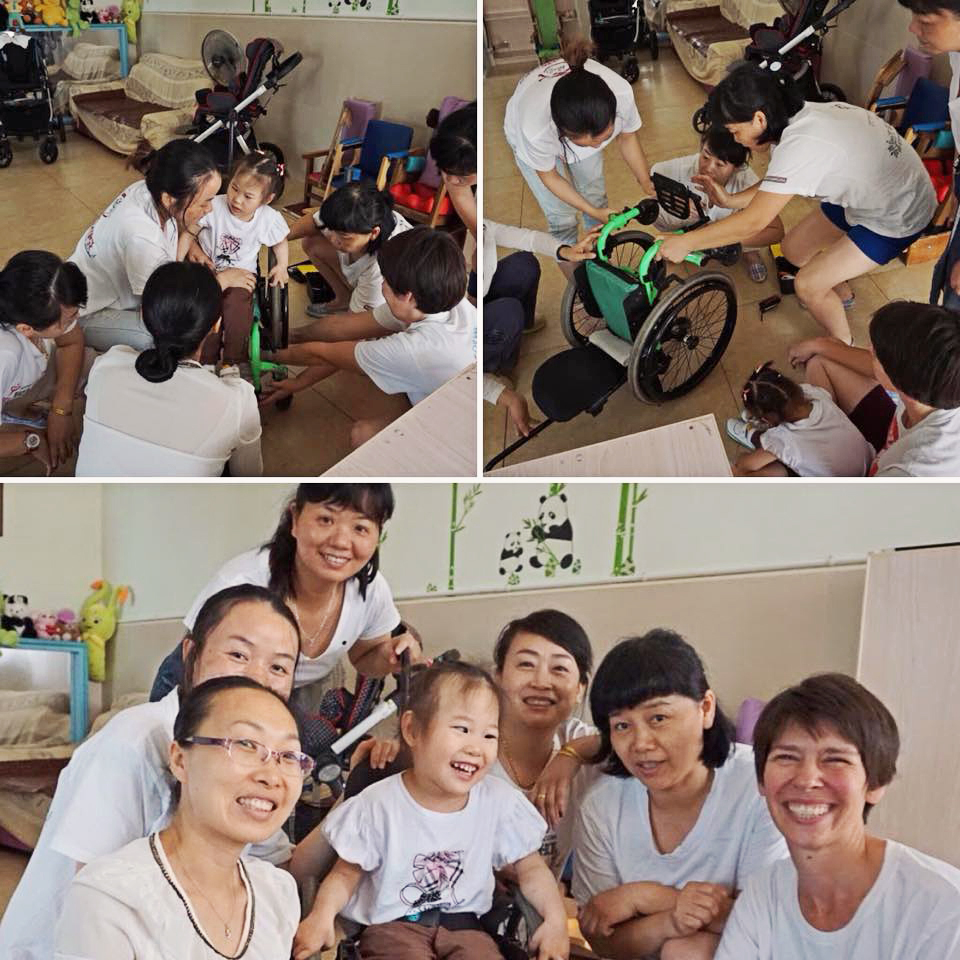
While every child at ICC, including Cora, knows that he or she is of great significance individually, identity as a member of a family is also of matter of importance. Each young person is placed in a “family group” of 7-8 children or young people where they learn about attachment and love. Cora belongs to the Little Panda home where, just as with all family groups, a ratio of 1 caregiver to 4-8 young people, depending on the young person’s needs, is provided.
Together, Cora and her Woodpecker family enjoy circle time, where they’re encouraged to practice verbal language, play games, sing songs and participate in cooperative play. Each child receives specialized education, where they work toward their individual goals.
While structured education is important, play is also a priority at ICC.
In the summer, ICC’s on-site swimming pool is a hit. The benefits of pool therapy are endless: Pool activity promotes heart and lung health, increases strength, coordination and flexibility, improves balance and posture and advances mental and emotional health through bonding with caregivers and other young people while playing together.
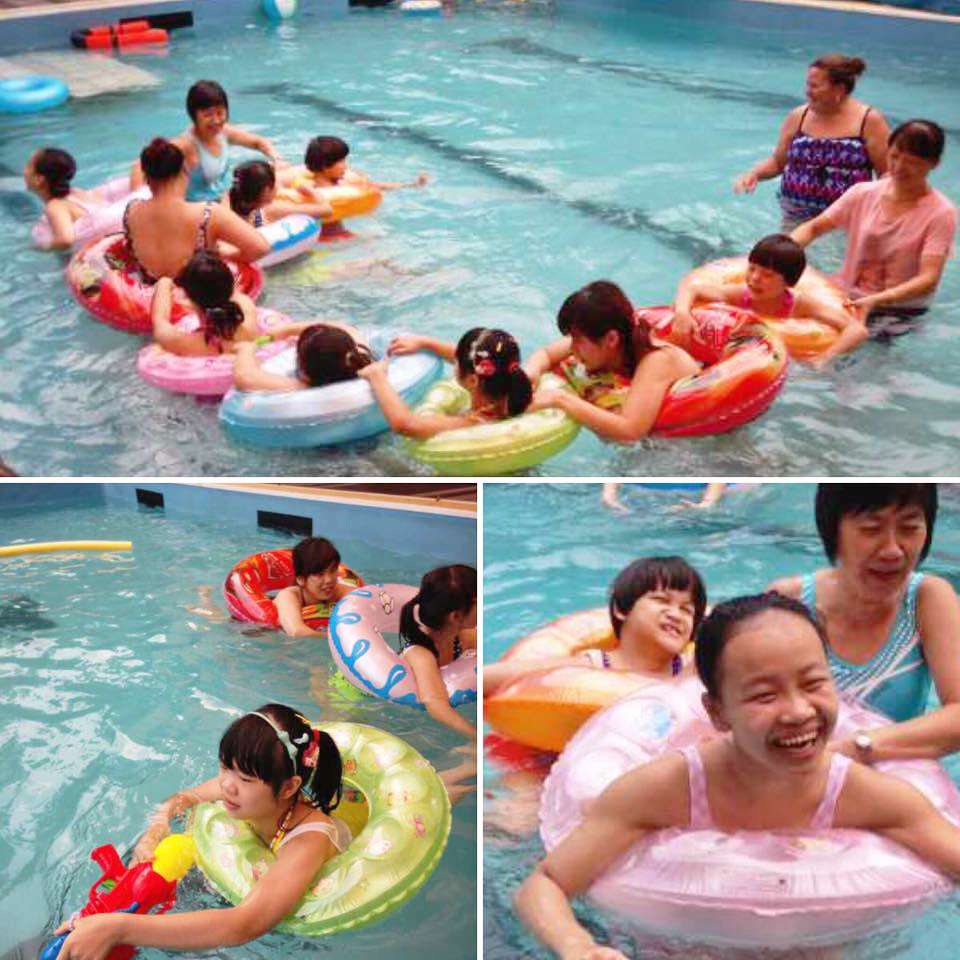
The wheelchair-accessible playground is also a favorite, from which squeals of delight echo throughout the care center courtyard. Large-scale instruments, swings (with a wheelchair-accessible swing!), wide slides, water features during the summer, sand boxes and more are all features of this beautiful playground designed to enhance the physical, cognitive and social growth of every child in ICC’s care.
Young people, like Bobby mentioned above, also love ICC’s garden. So many lessons can be gleaned from a simple garden, and the harvest is a wonderful boost to the morale and confidence of those who participate in its care.
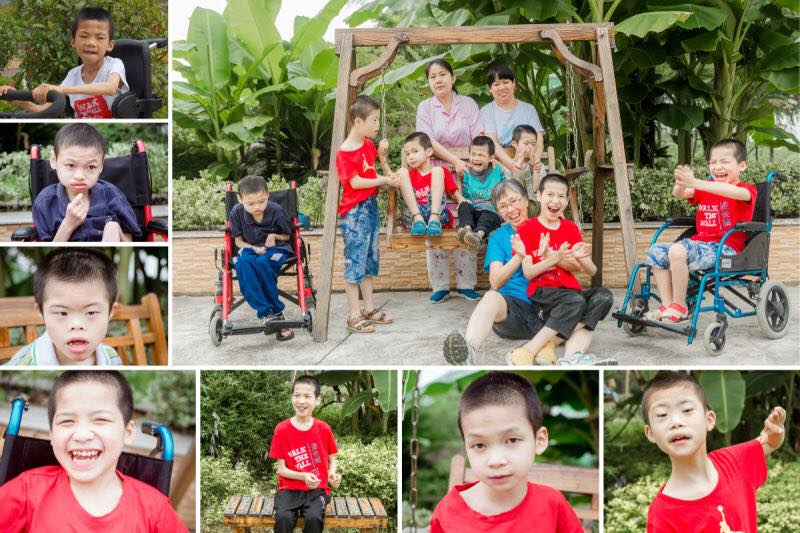
On a very foundational level, young people in ICC’s care receive the life-giving resources and support they might not get elsewhere. Cora will never know hunger as she and her friends each receives 3 nutritious meals per day with additional supplements as needed. She knows the comfort and safety of a warm place to put her head at night, with each child having a crib or bed to call his or her own.
Cora also knows the soft whispers of dedicated caregivers as someone is nearby to tend to her needs all night as well as during the day.
Most importantly, Cora, and each young person at ICC, knows they are loved and, as a result, learn how to love one another well. Their lives are completely transformed – a transformation that allows hope and opportunity to shine as they discover how to live to their fullest potential.
Four-year-old Riley, born with arthrogryposis, was recently adopted and while her caregivers at ICC miss her greatly, they share that she was loved deeply so that she could share that same love with her forever family. Riley’s adoptive mom, Ashley, shared:
“As a mom who has adopted from China two times, once from a typical CWI and once from ICC, we immediately noticed a marked difference in the level of care and preparation our children were provided before joining our family. ICC provided our daughter with family-style living and she was so loved and well cared for. She had attached to her caregivers and has now been able to fit perfectly in to our family with strong, healthy attachments. We are so grateful for ICC and can attest that their approach to caring for their children is life-changing.”
Currently, 160 young people live at ICC’s Hengyang Care Centre where each are provided with love, hope and opportunity so they can meet their fullest potential.
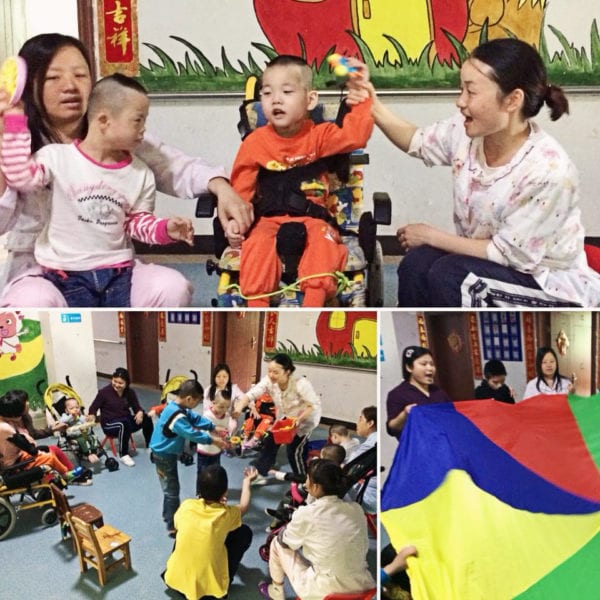
Family Preservation
“We parents are encouraged to not abandon them and not give up.” – A mother supported by ICC’s Family Partners Program
While ICC’s roots are in orphan care, its evolving model also includes significant efforts to end the orphan crisis by providing expertise and services for families raising children with disabilities, giving them supports to help keep their family together.
Families of children born with medical complexities in China face societal stigmas, huge upfront costs of medical care and the sheer lack of day-to-day supports. They consider surrendering their children to government care in an effort to “give them a better life.”
But what if abandonment did not feel like the only option?
What if an organization could provide a loving, multi-faceted approach to address the complex needs that disability presents?
Xiaozhi’s family faced those very stark realities a few years ago. They were concerned they’d need to surrender their child, who was born with cerebral palsy, to the care of the government to give him the best chance possible to live. But ICC came alongside the family, providing Xiaozhi with a customized wheelchair, recreational opportunities, the gift of physical and occupational therapies and the assurance of a community to help keep them together.
For 10 years, ICC has supported families raising children with disabilities so they can remain together as a family. The program was recently expanded to reach more families who deeply desire to stay together – families who are financially and emotionally drained and barely surviving without the social constructs that support their efforts to remain a unified family.
For Xiaozhi’s family, the services have made both tangible and intangible differences. “The provision of a wheelchair is such a small thing but I believe in giving a place of comfort to sit, something else is also happening,” shared ICC Therapy Manager Alison Kennedy. “A young man is being honored; a family is being valued.”
ICC believes young people reach their fullest potentials in the context of family. By supporting biological families in their deep desires to care for their children, the pressure to abandon is alleviated, caregivers are empowered to remain together and the idea of a “better life” is completely transformed.
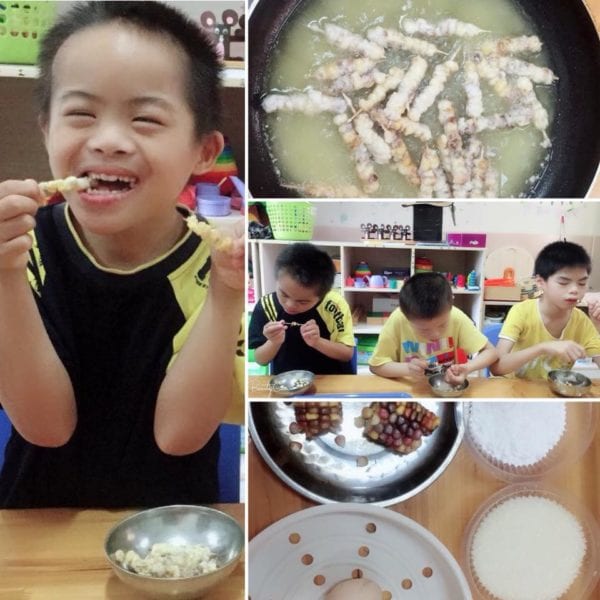
Community Advocacy
Influencing change in attitudes and acceptance regarding disability is challenging, especially in a country with a deeply-entrenched value system related to family. But ICC sees the ripple-effect as personal touches create a paradigm-shift and leave lasting impact.
ICC’s caregivers are an extremely valuable part of the organization’s mission and, as such, most remain with ICC far longer than a typical welfare institute. They’re hired locally, paid a fair wage with insurance benefits, trained, equipped and empowered to skillfully care for ICC’s precious young people. In turn, they are transformed by the love of other staff, ICC supporters and, most of all, the young people they selflessly serve.
The power of the caregivers’ testimonies stretch into their communities as their friends and families begin to understand the true worth and value of young people with disabilities.
“Before I worked at the Hengyang Care Centre, I did not understand disability and would not have understood children with disabilities,” shared Zhou Zhaoyang, a dedicated ICC caregiver. “I remember the first time I met Shushu, the first of the boys I met, I was thinking how beautiful he was, but also how fragile! He had a big plaster on his leg after a surgery at that time, and I helped bring him back from Changsha where he was in the hospital. I remained still for the entire three-hour trip home because I was so scared that any movement would hurt him! Since then, I have grown to love Shushu and all of the boys so dearly. All the caregivers here put our hearts into caring for these children and our time with them has given us such big hearts of love for them. Through taking care of these special and precious children, I have learned much about love, joy, patience and the strength of the human spirit.”
Kyla Alexander, Operations Director and 17-year ICC team member, and other ICC staff were recently invited to a school to share about disability, a special opportunity that could influence young people in how they view disability. The team used video and games to reach the students as they considered disability in their day-to-day interactions.
“Integration into public schools continues to be a challenge for our kids,” Kyla expressed. “Because of the infrastructure and current set-up, we must continue to carry our children up the stairs each day to their classrooms. This is frustrating, but through opportunities like this, I believe hearts are impacted and maybe this next generation will be different in how they view disability.”
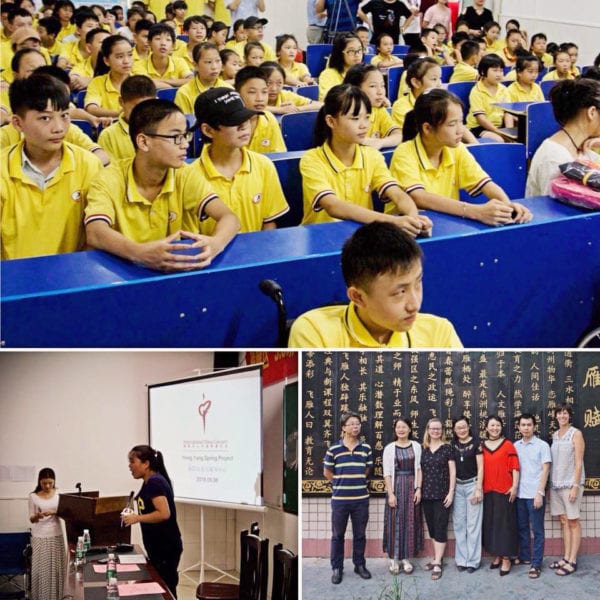
Your Love Brings Life
ICC is grateful to God’s faithfulness in allowing the organization to grow and expand to continue meeting the needs of young people with disabilities in China…
Young people like Bobby learning about corn, giving him typical family interactions and care that are life-changing and purpose-giving.
Families like Xiaozhi’s receive a wheelchair, translating to care and social engagement that has opened their worlds, allowing them to feel included and not isolated.
Community members have learned about inclusion and disability awareness, where seeds of change are being planted to help shift cultural ideals.
The sanctity of life is at the heart of all ICC does and we look forward to where God will guide us next.
Join ICC’s Mission
Please consider making a difference today…
Like and follow us on Facebook
Sponsor a Child
Become a Family Partner
Join a Short-term Team (families welcome)
Sign up for our Prayer Calendar
Pray and advocate for ICC’s “Waiting Children”
Follow ICC on YouTube and Twitter
– guest post by Erin




